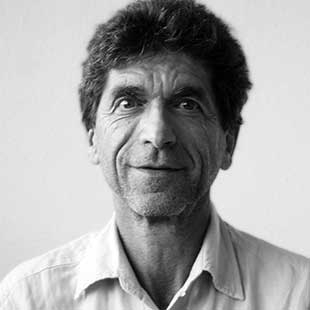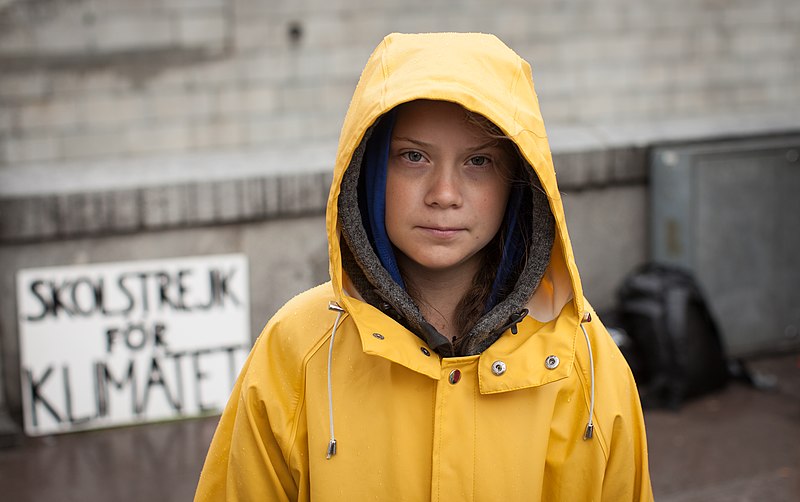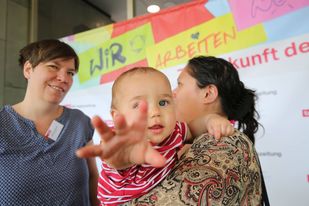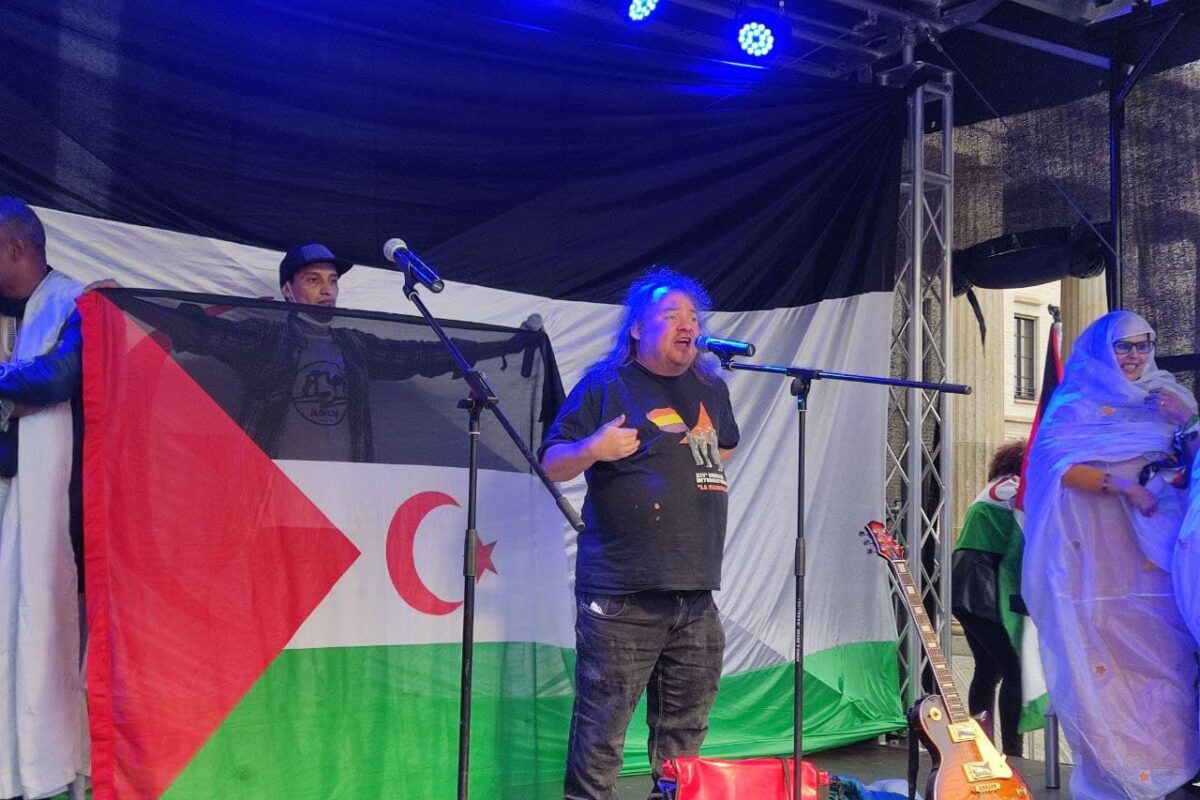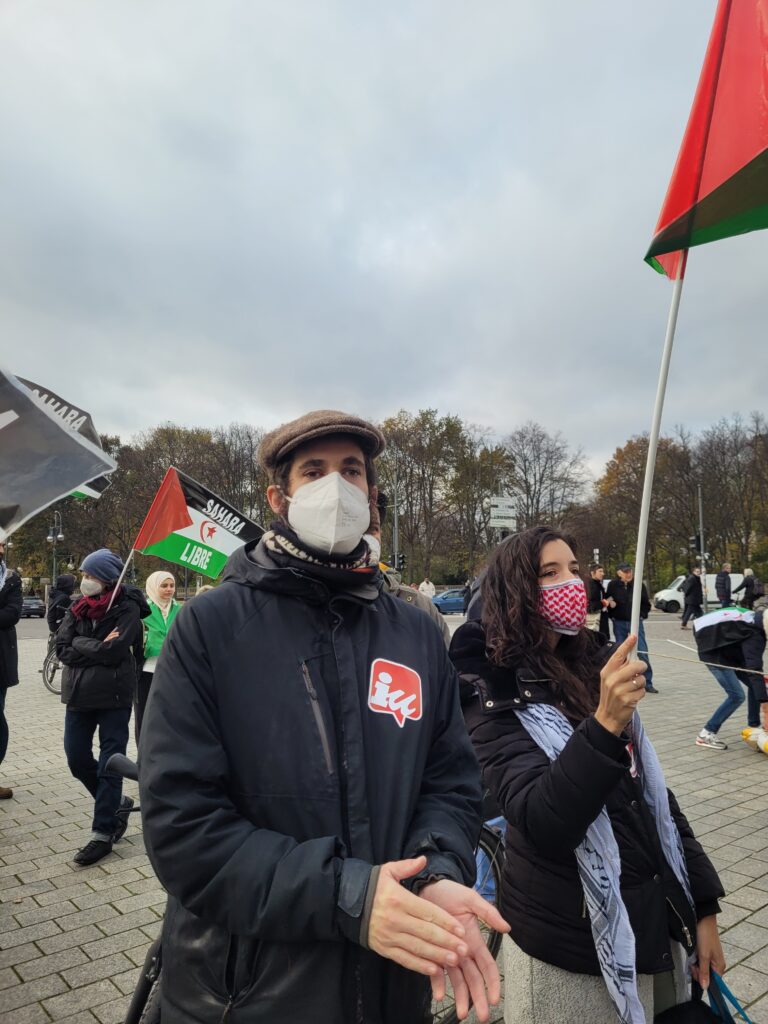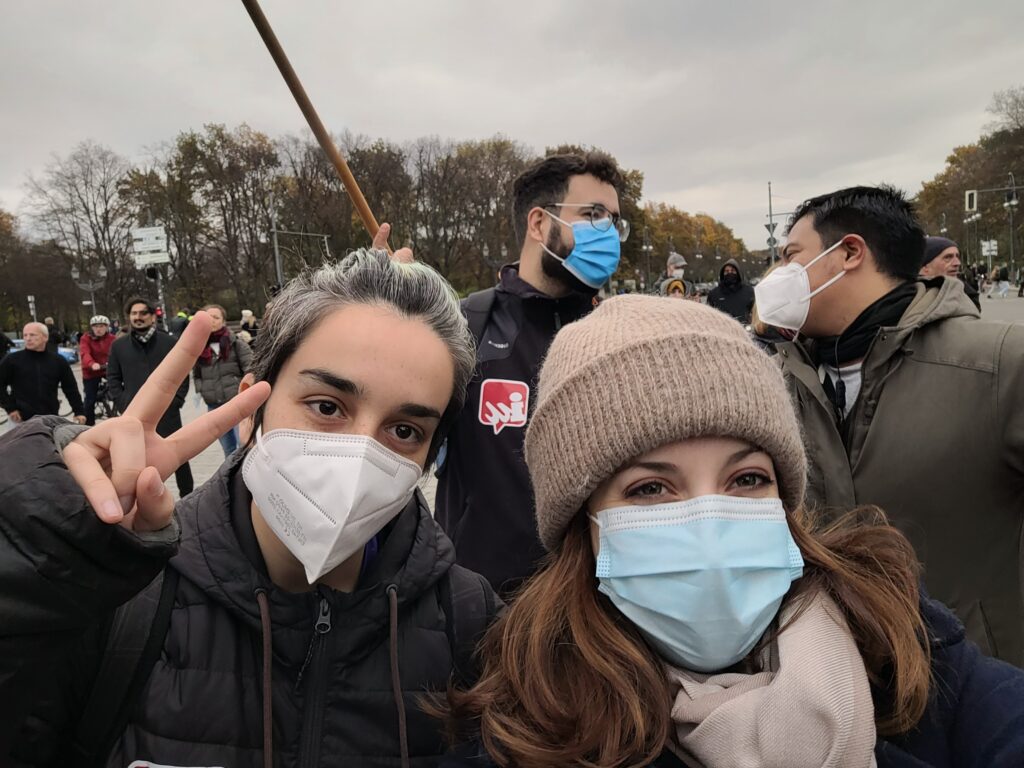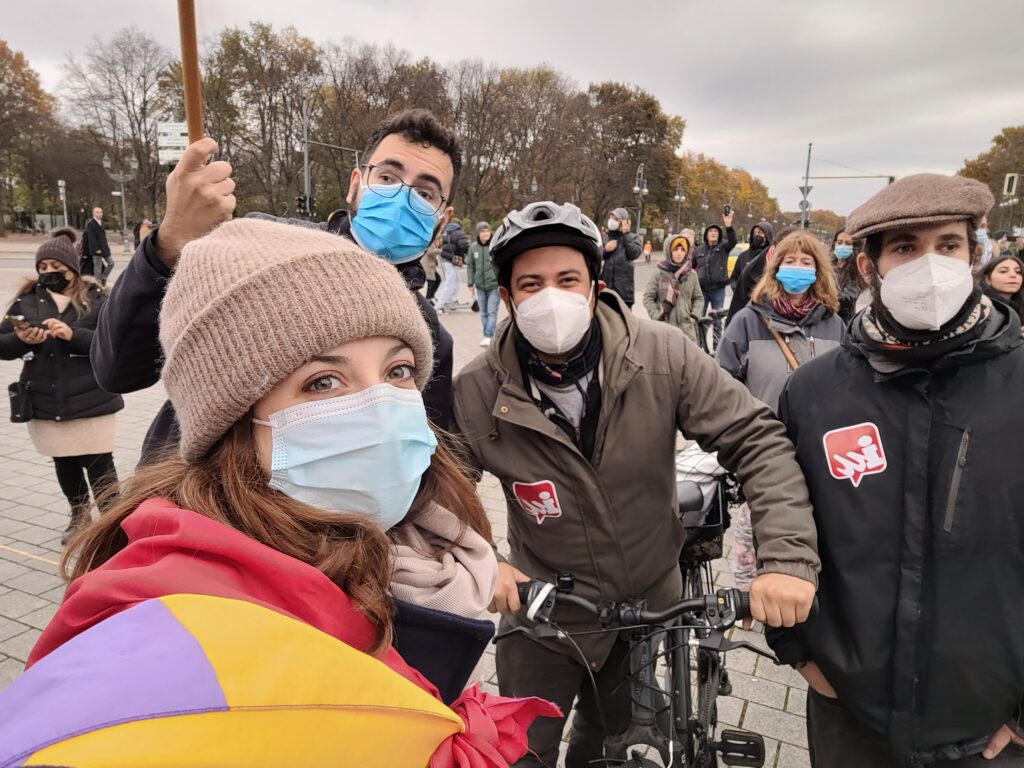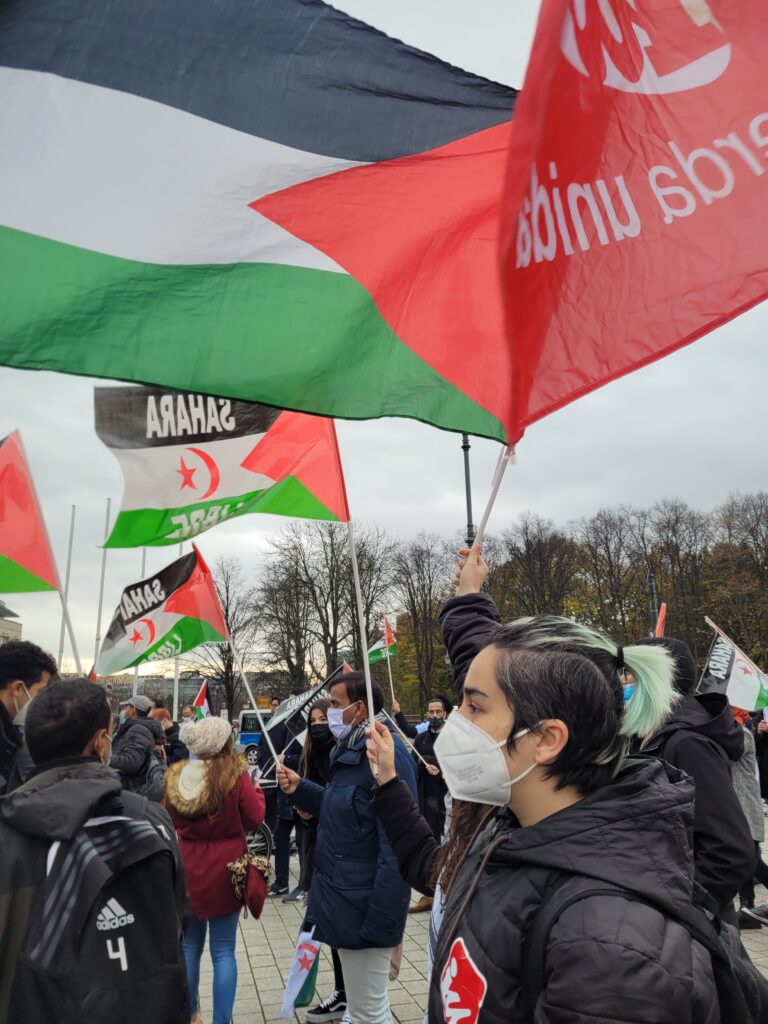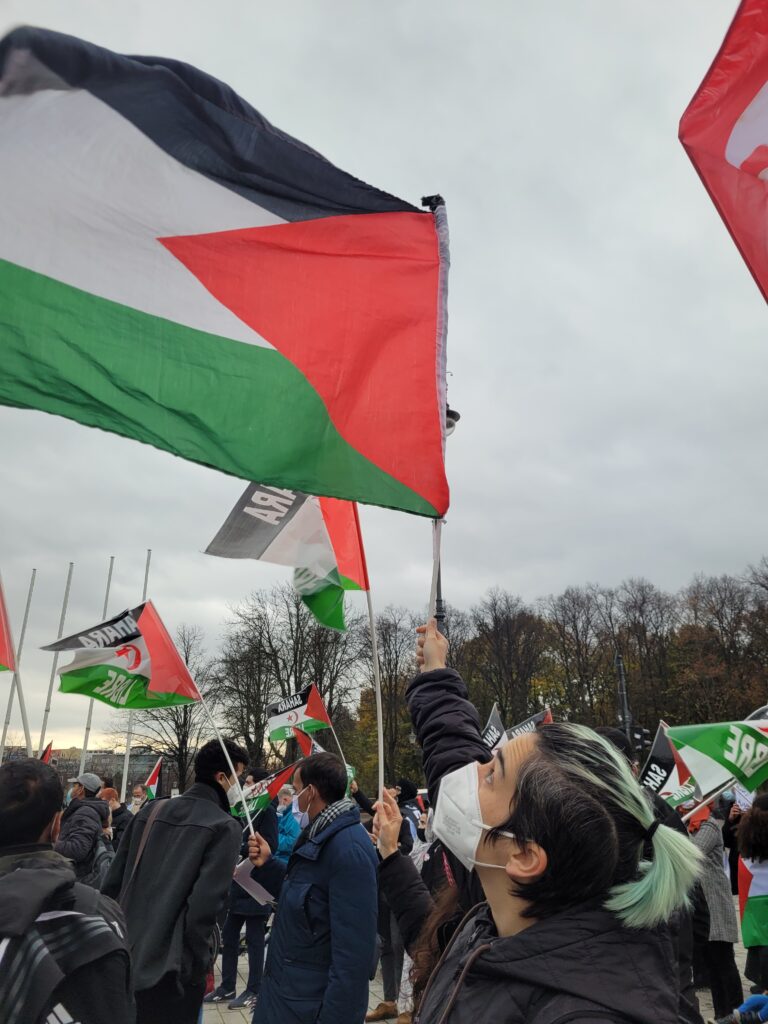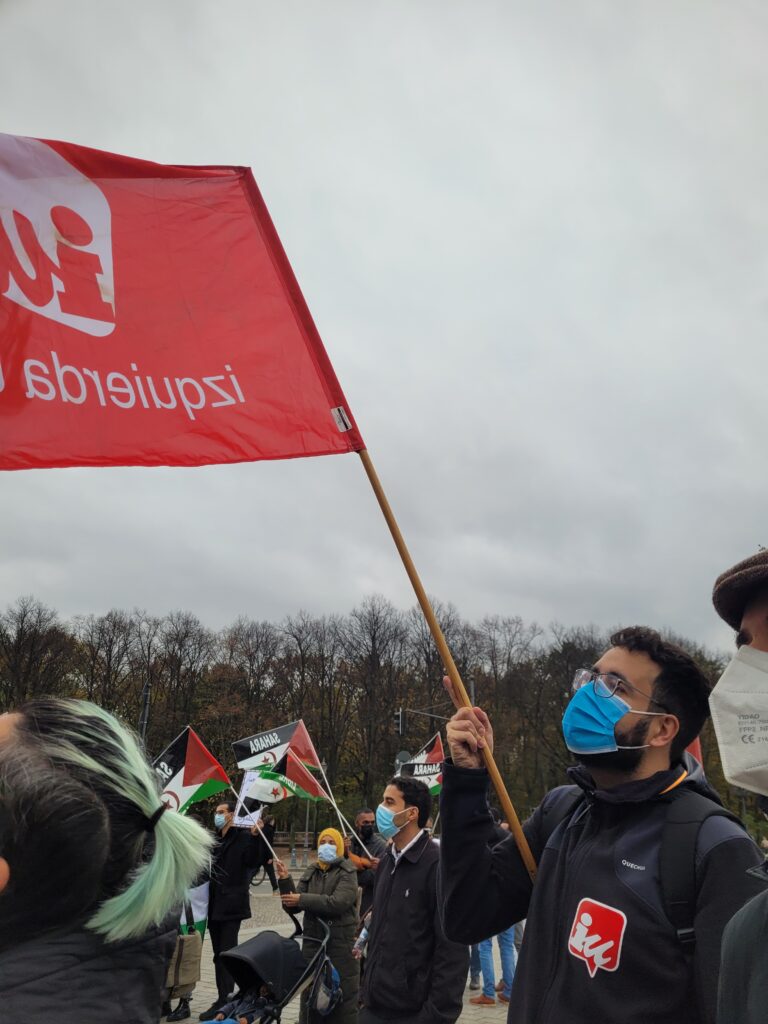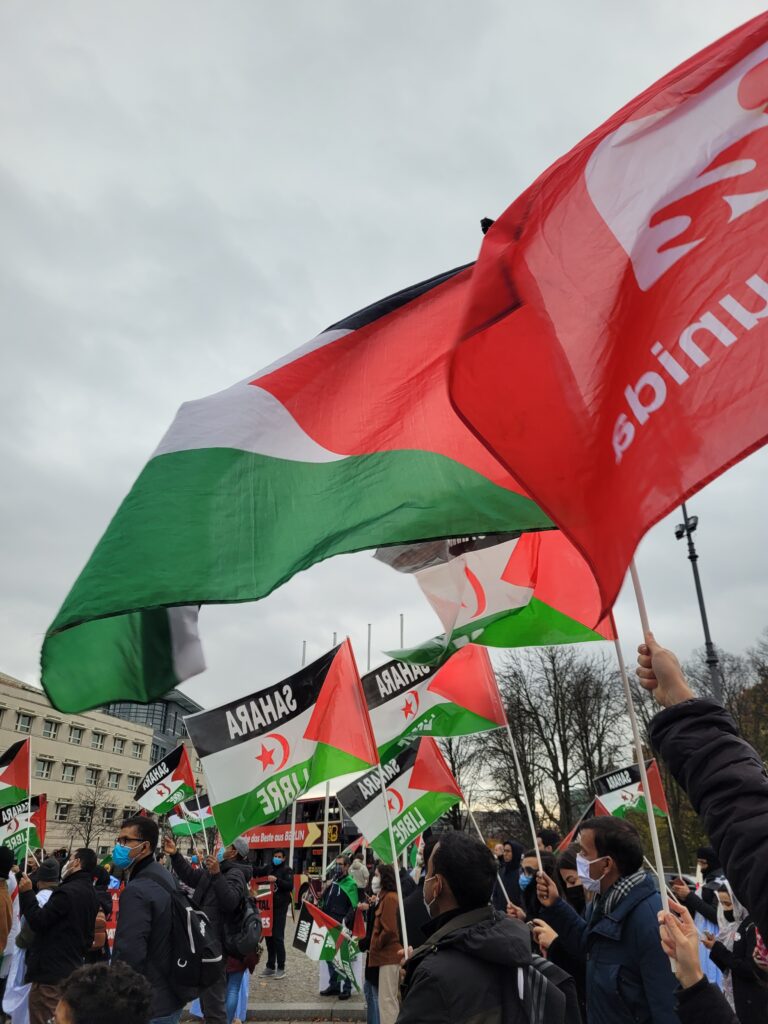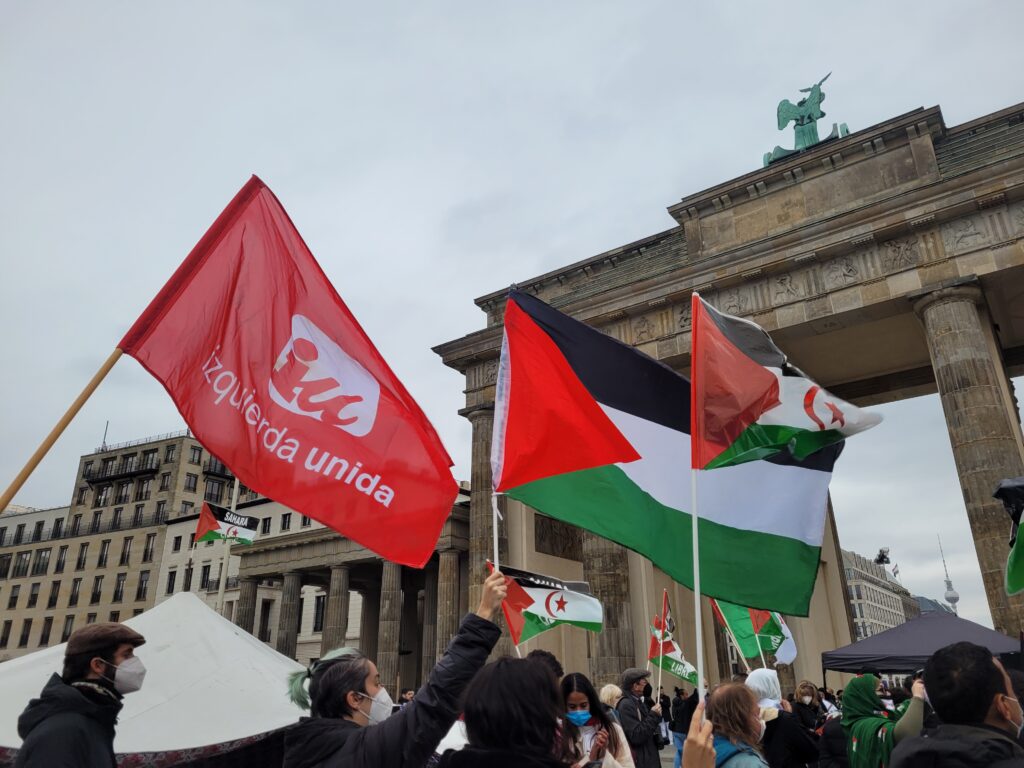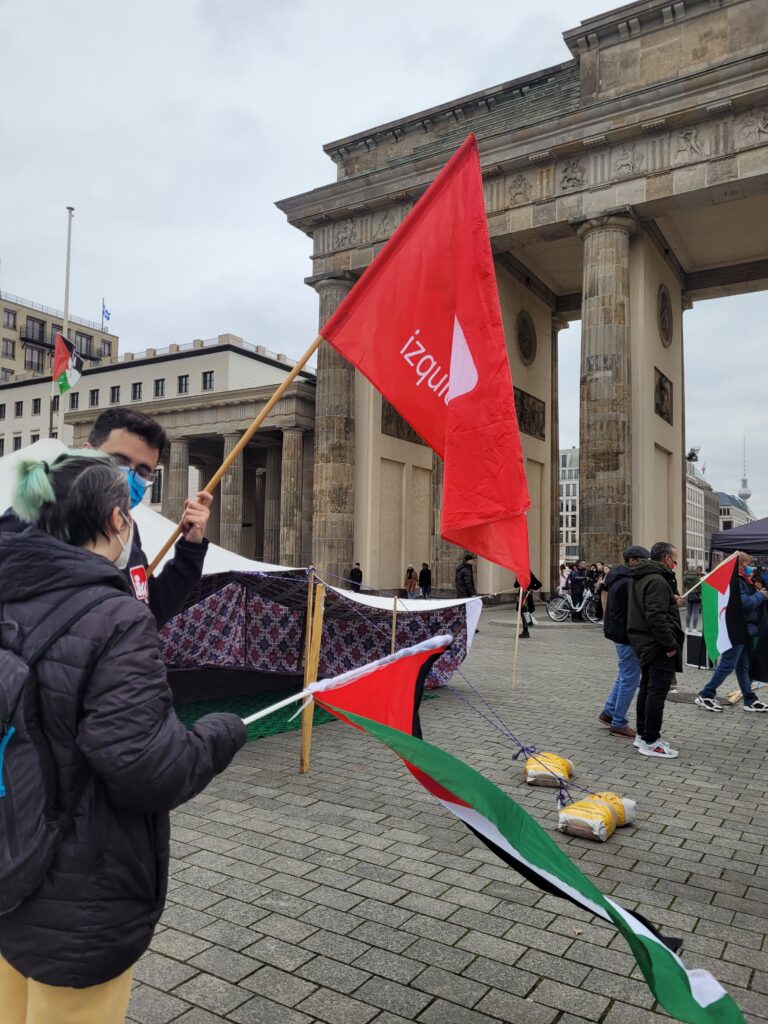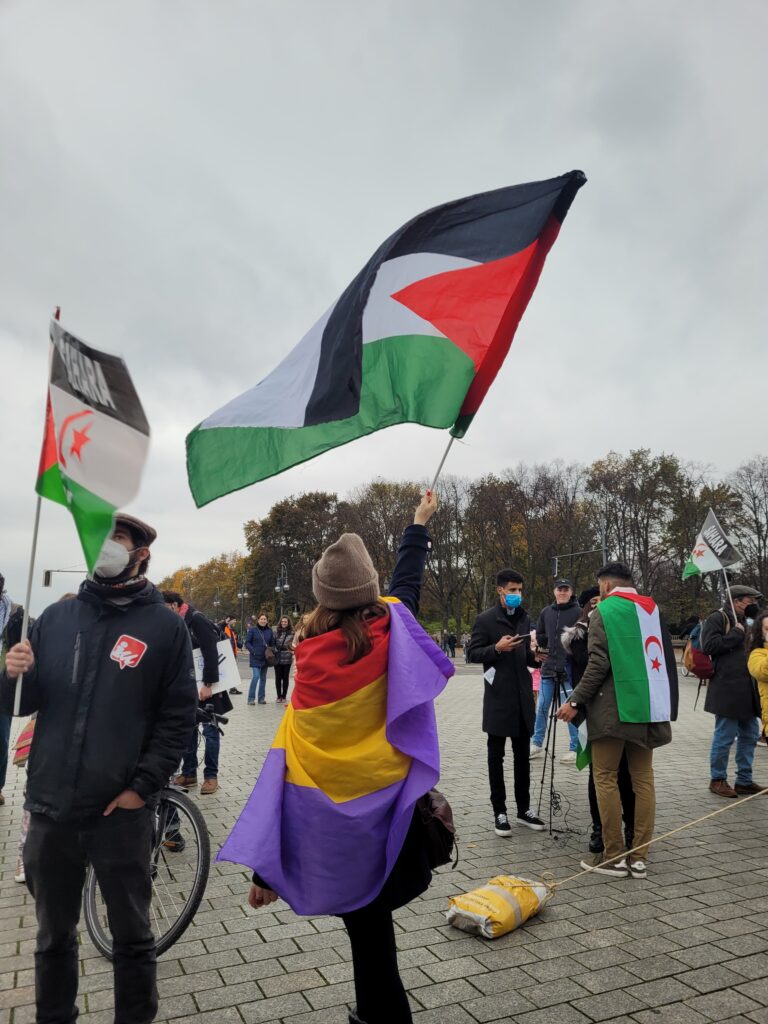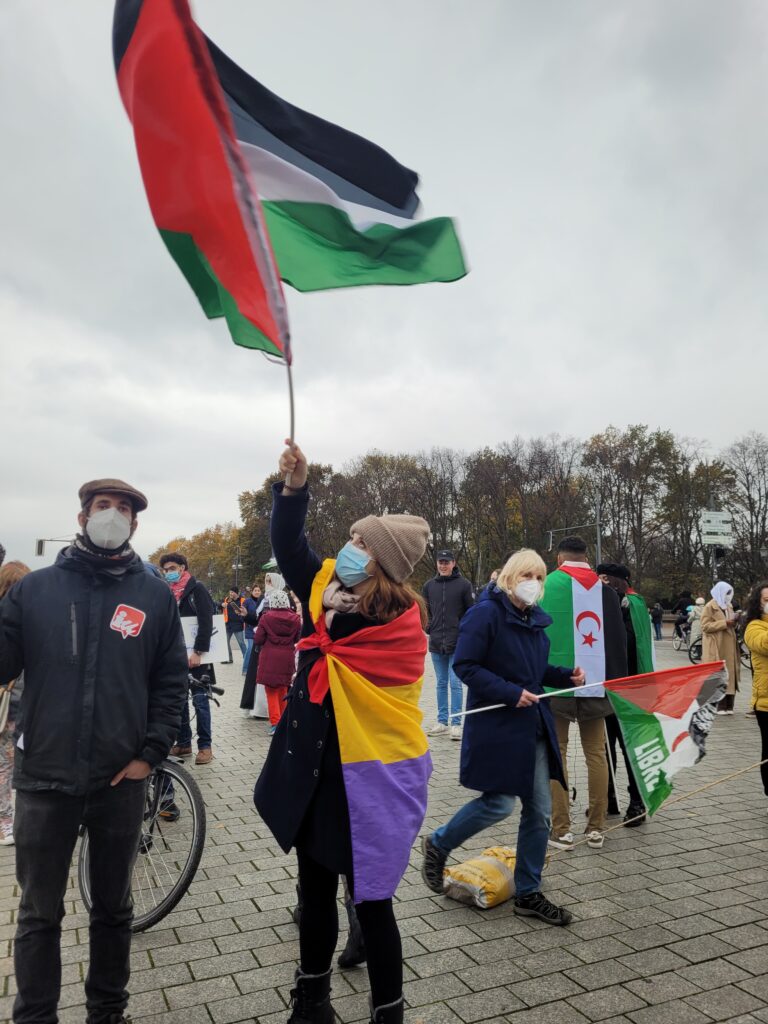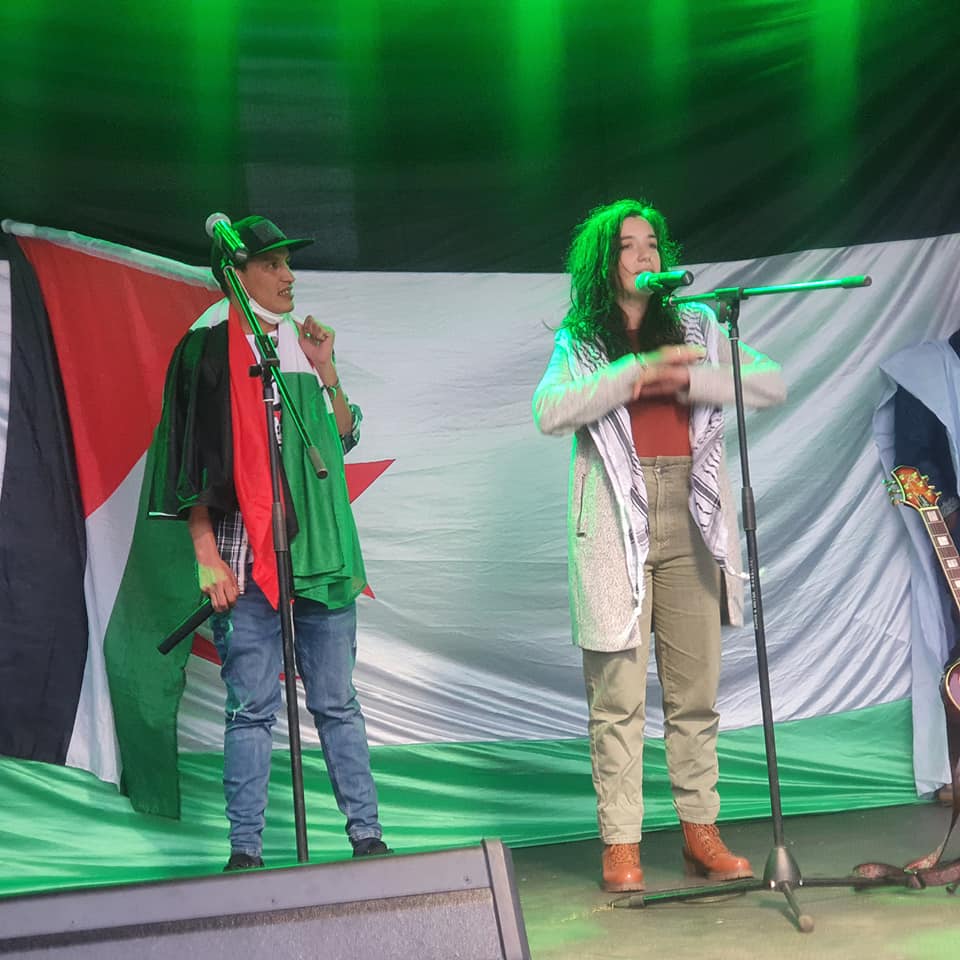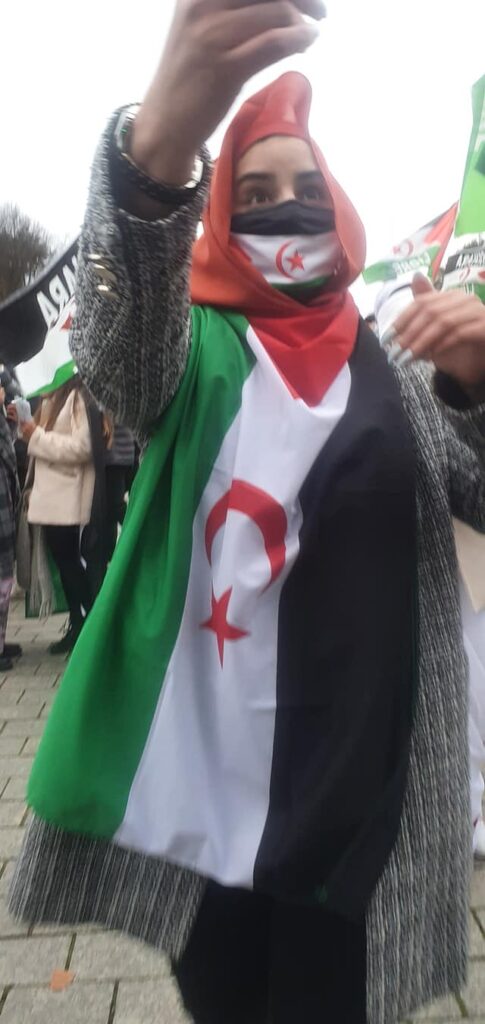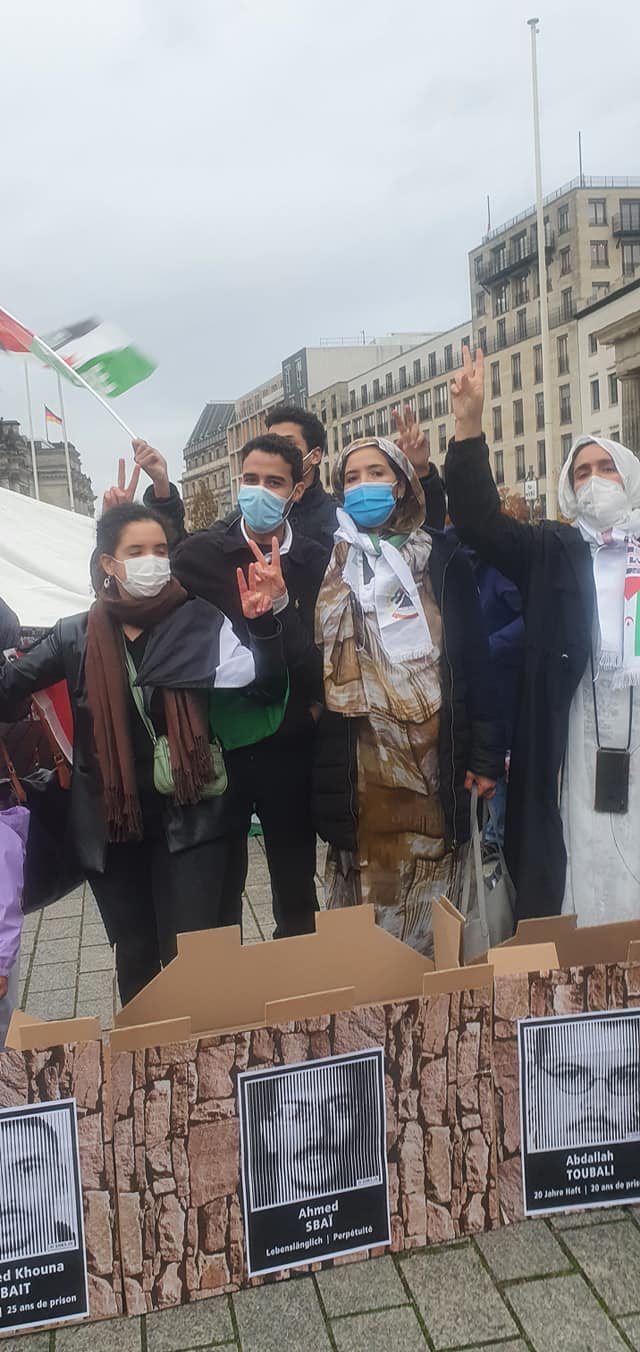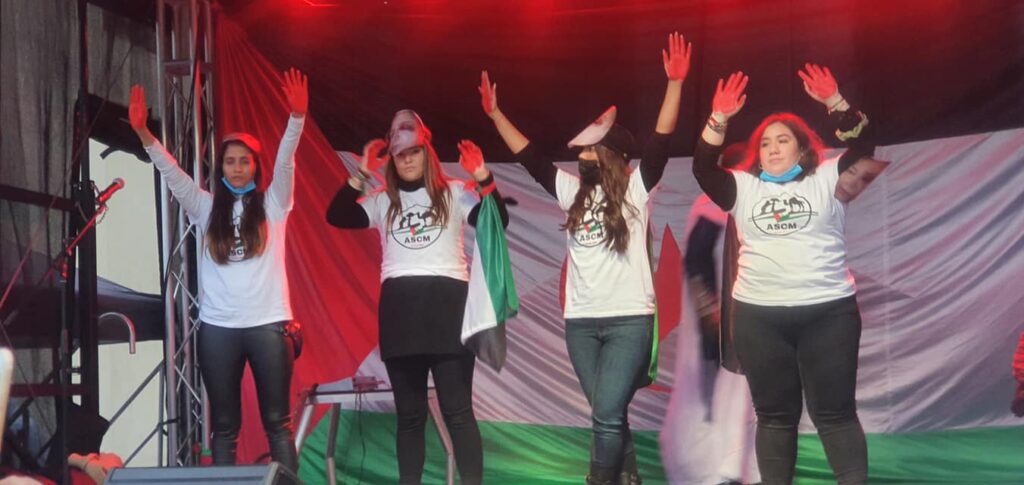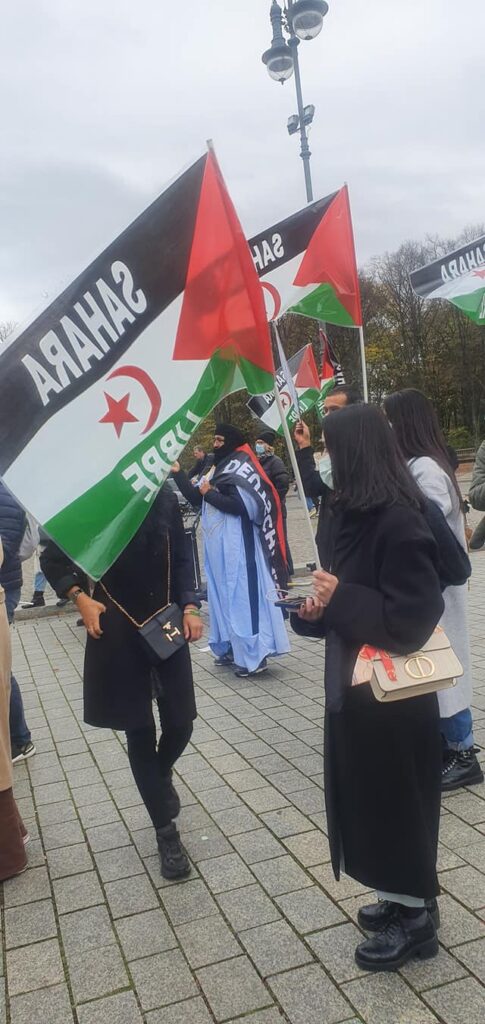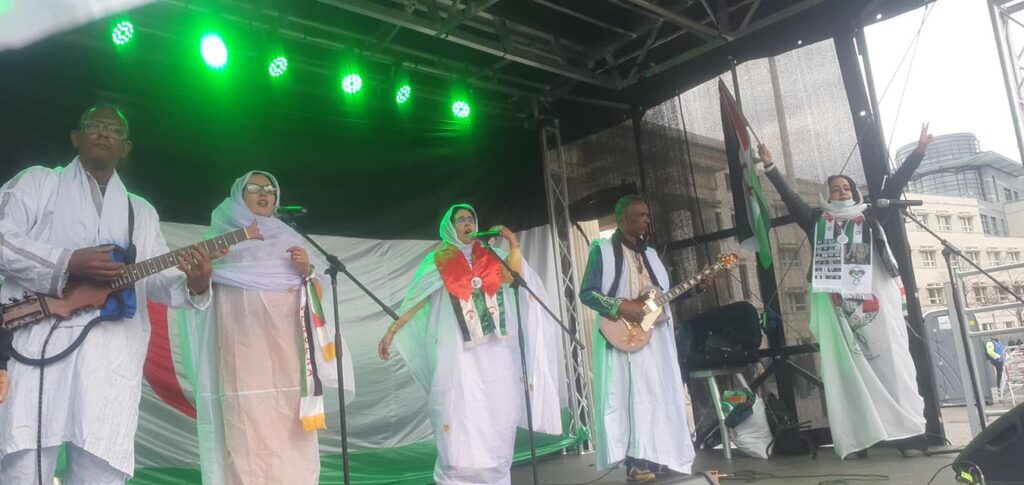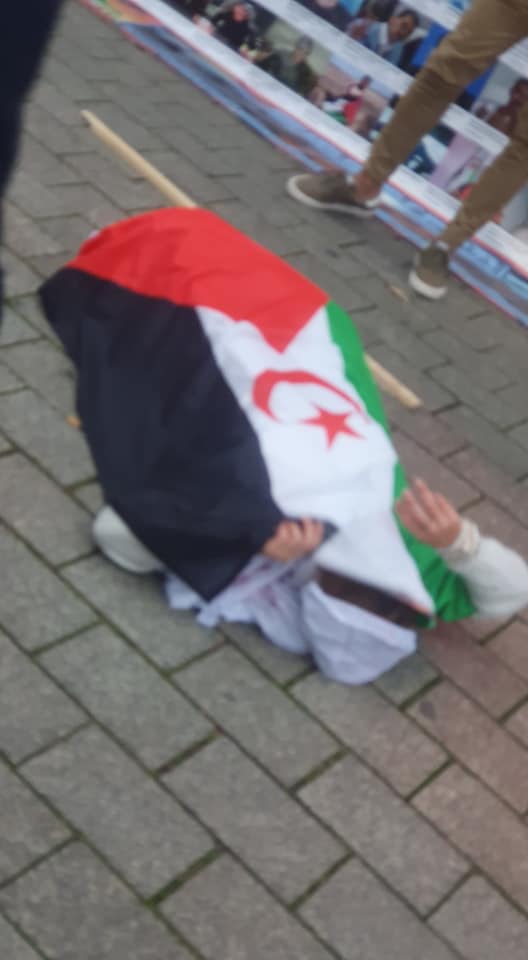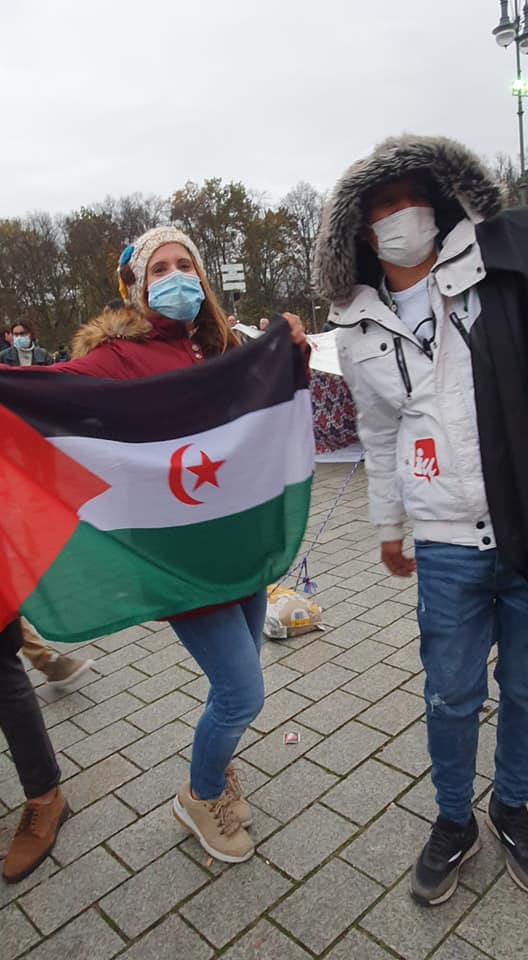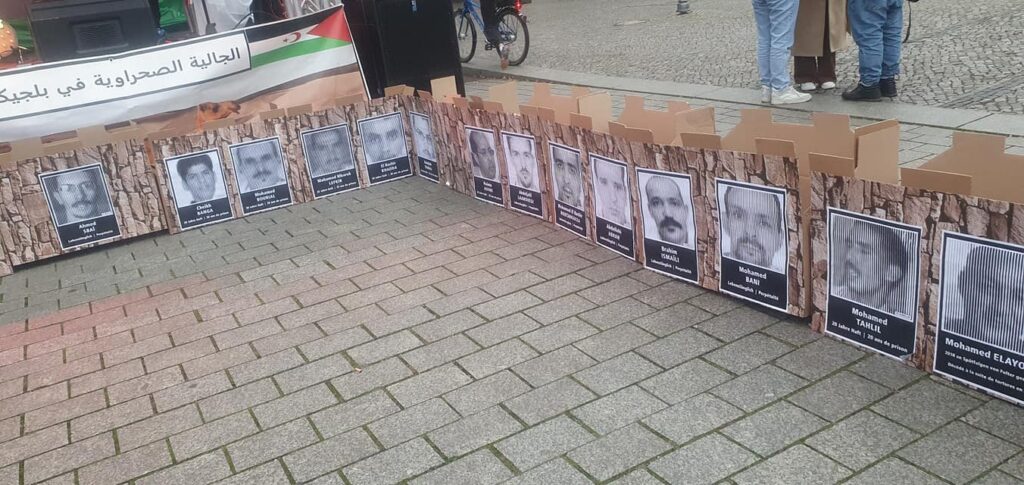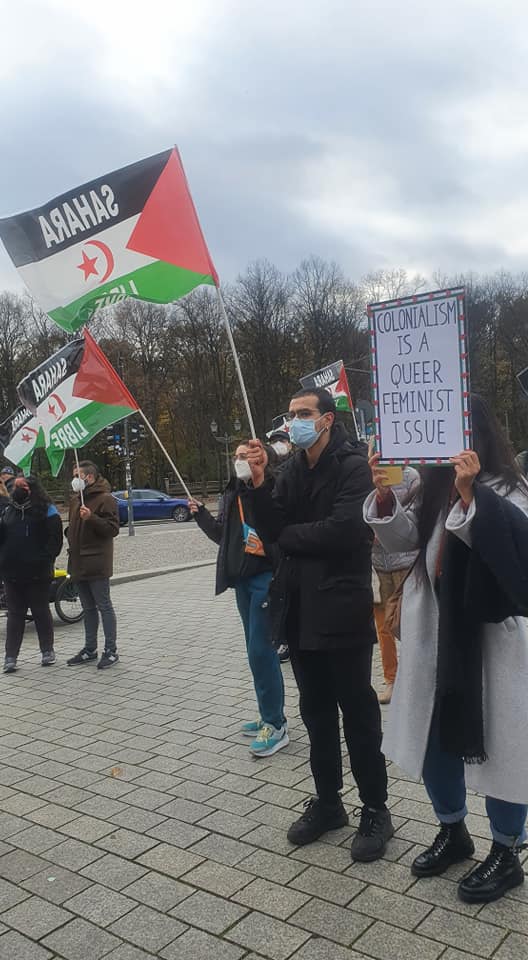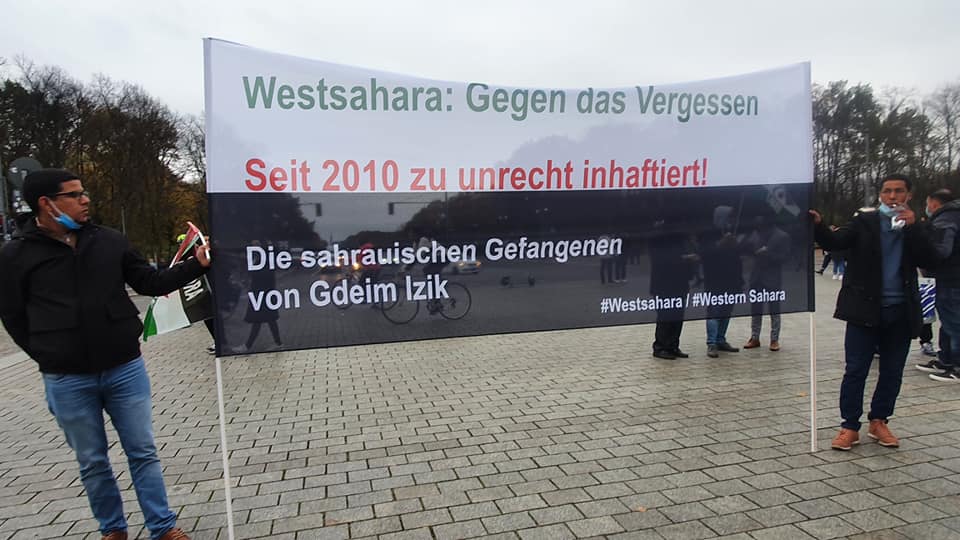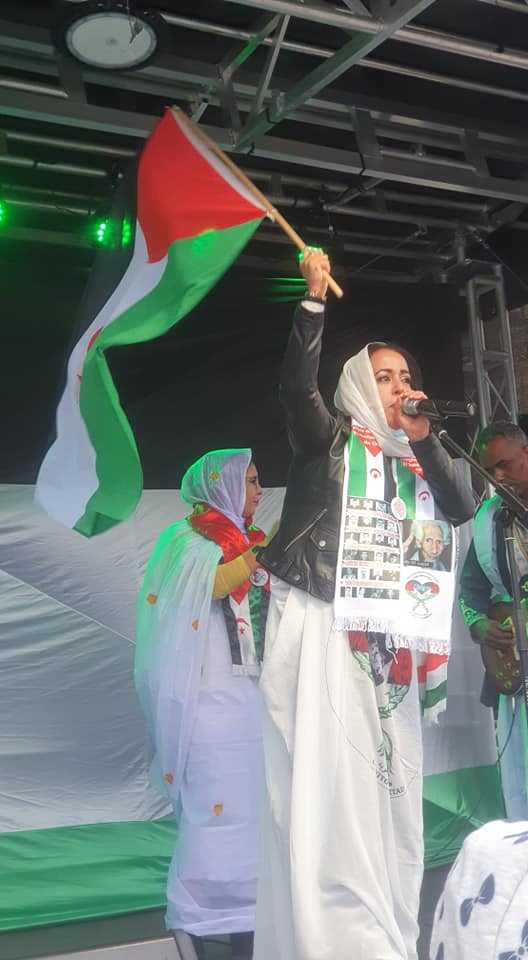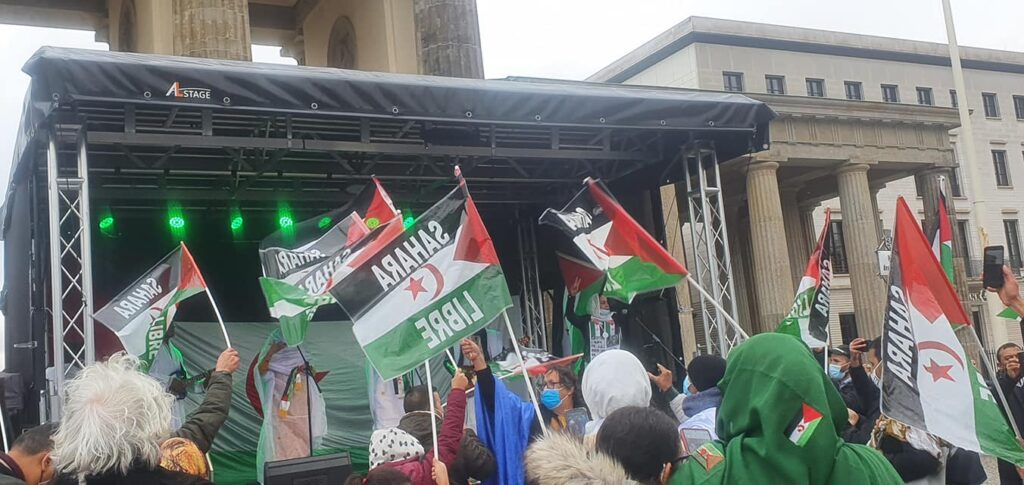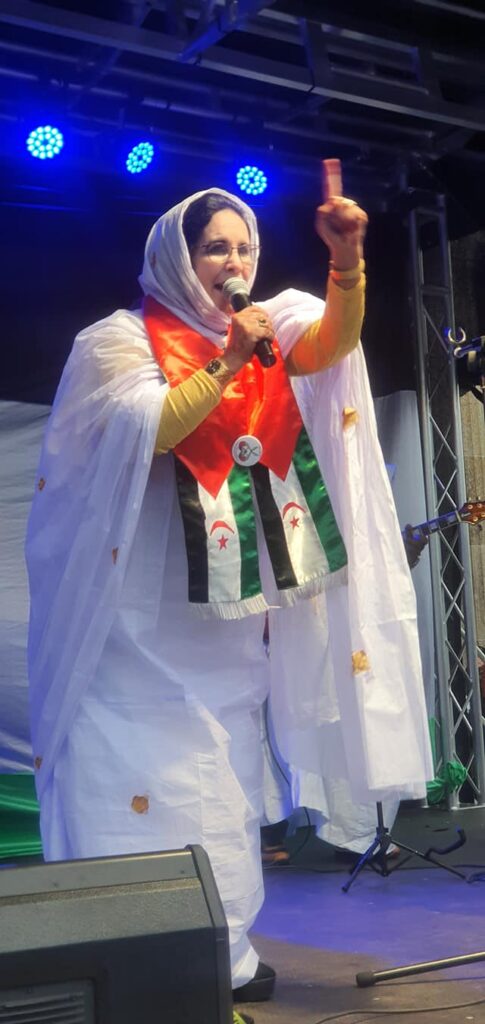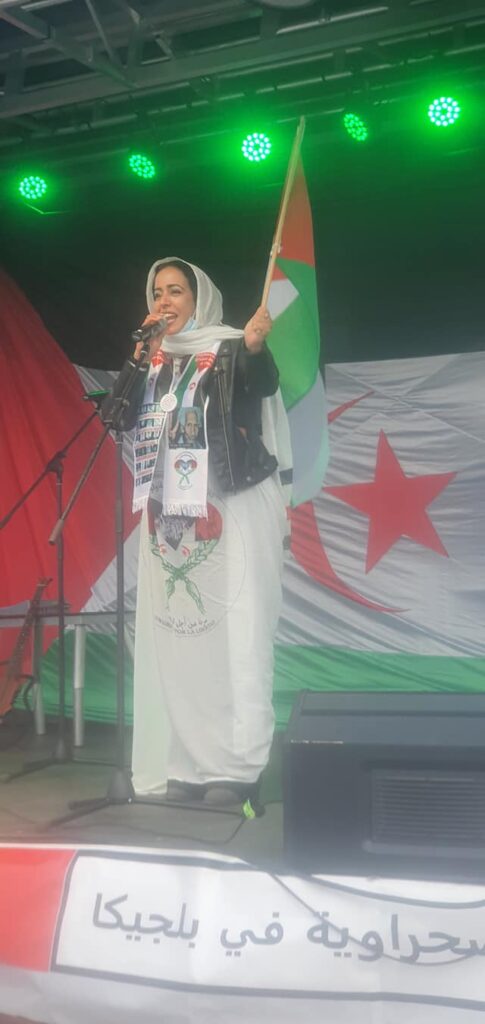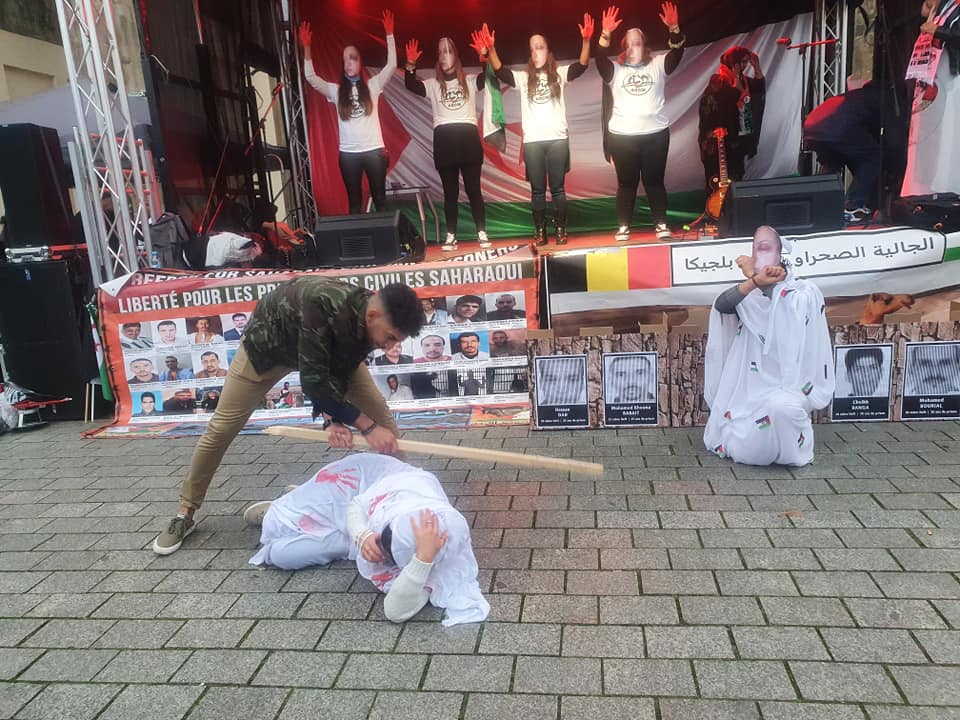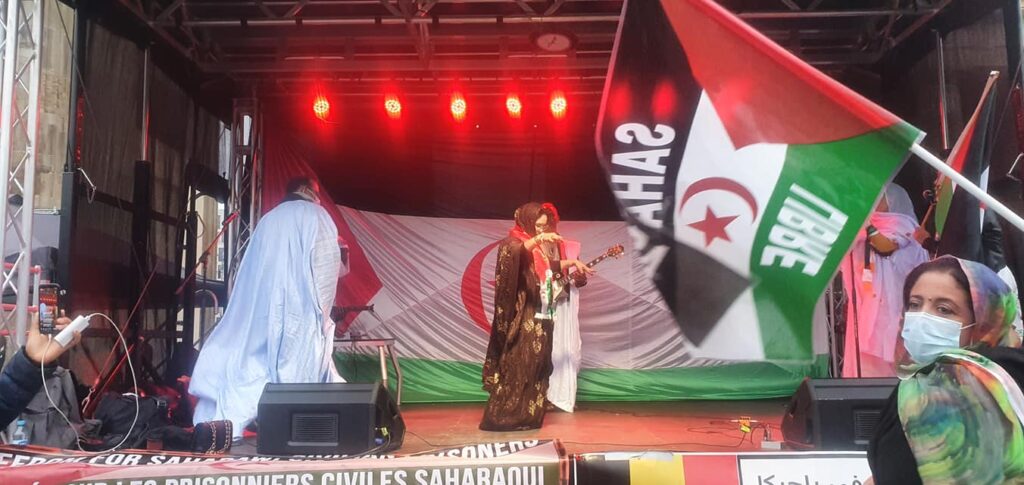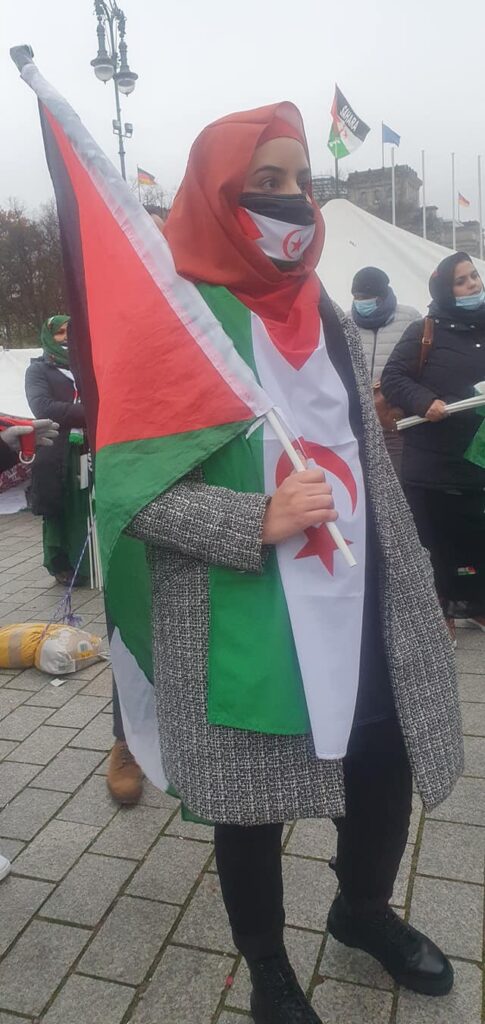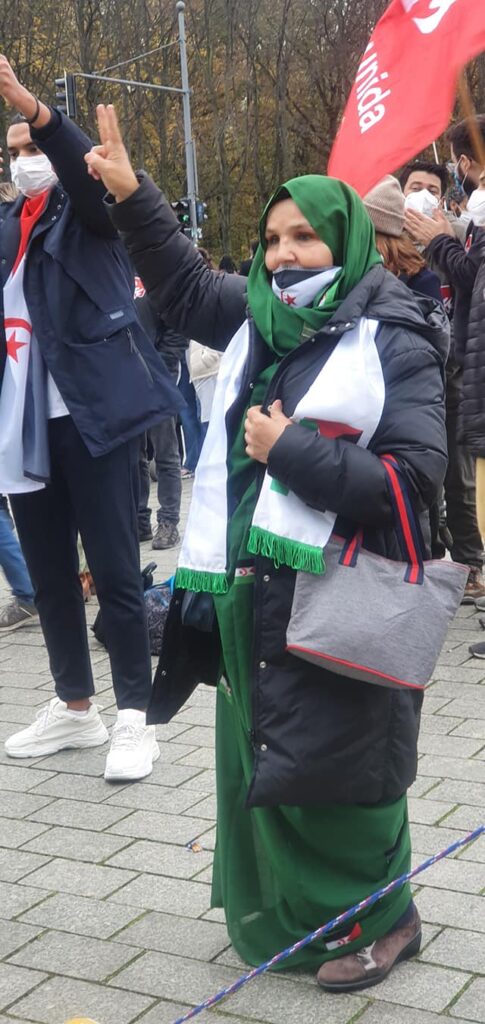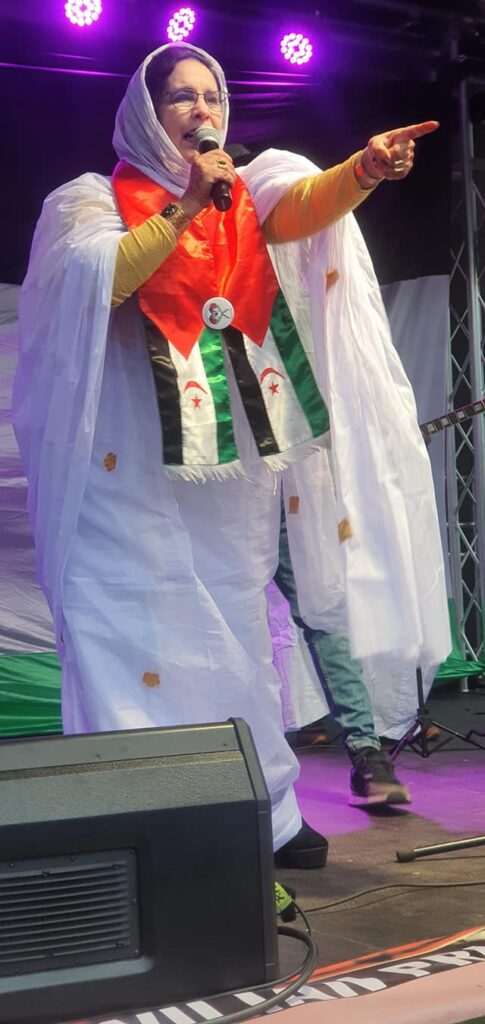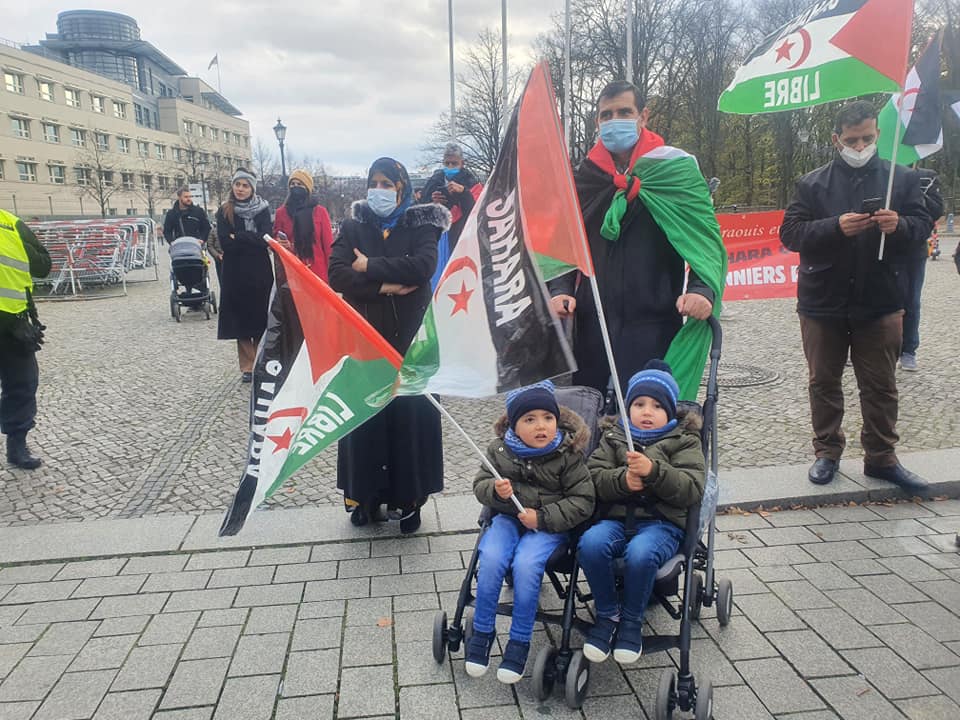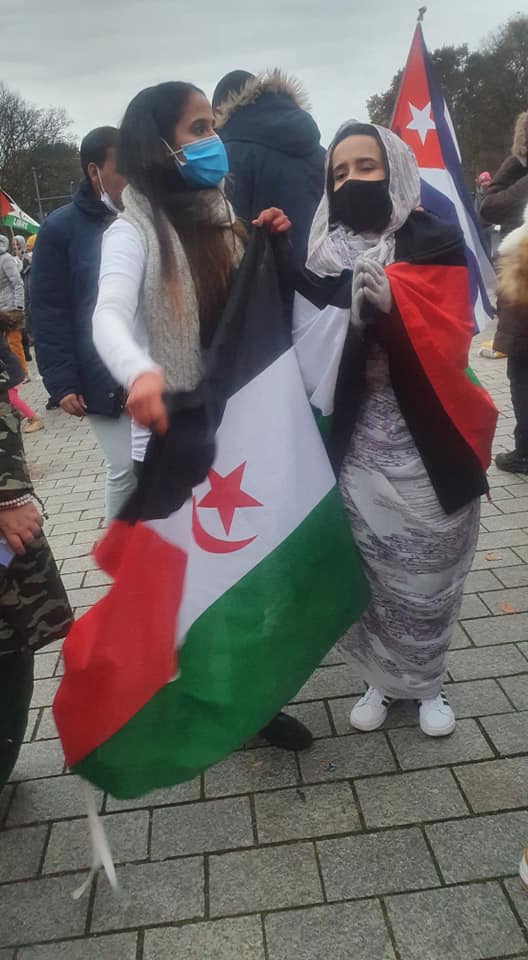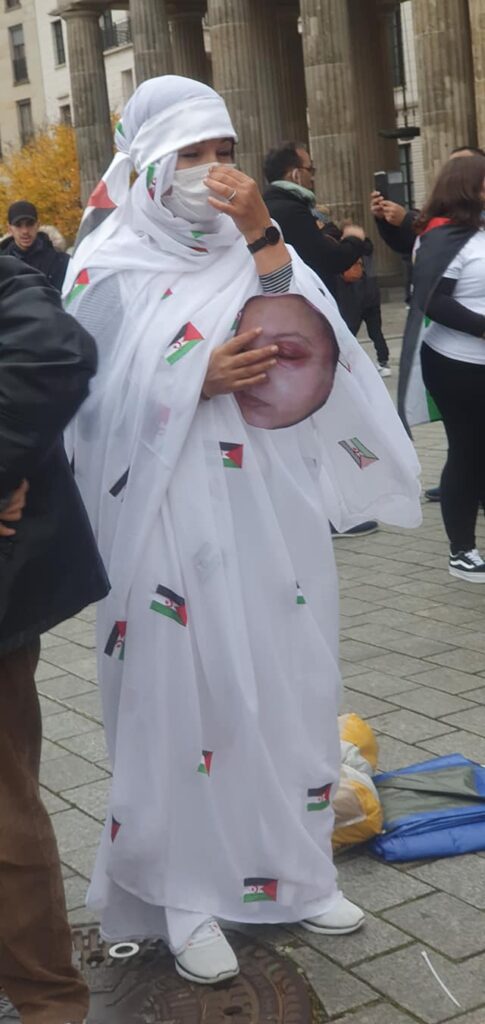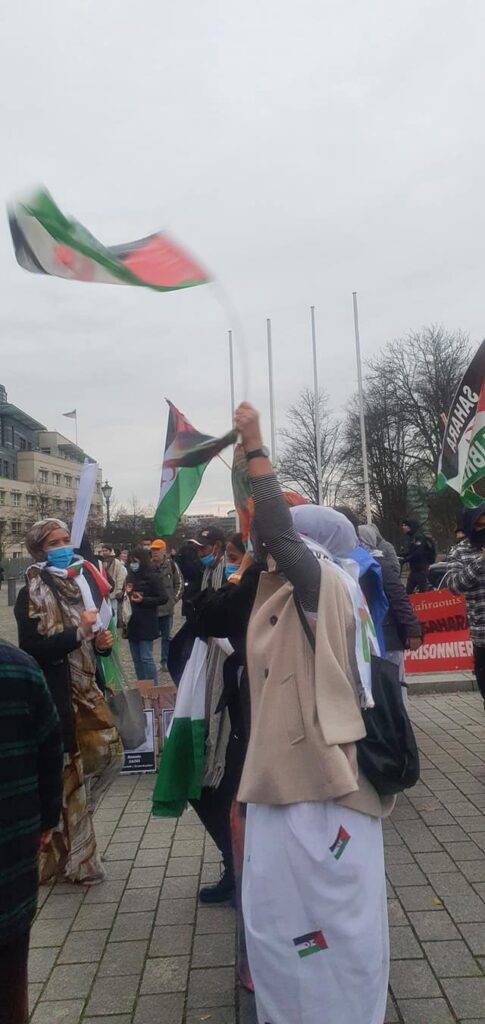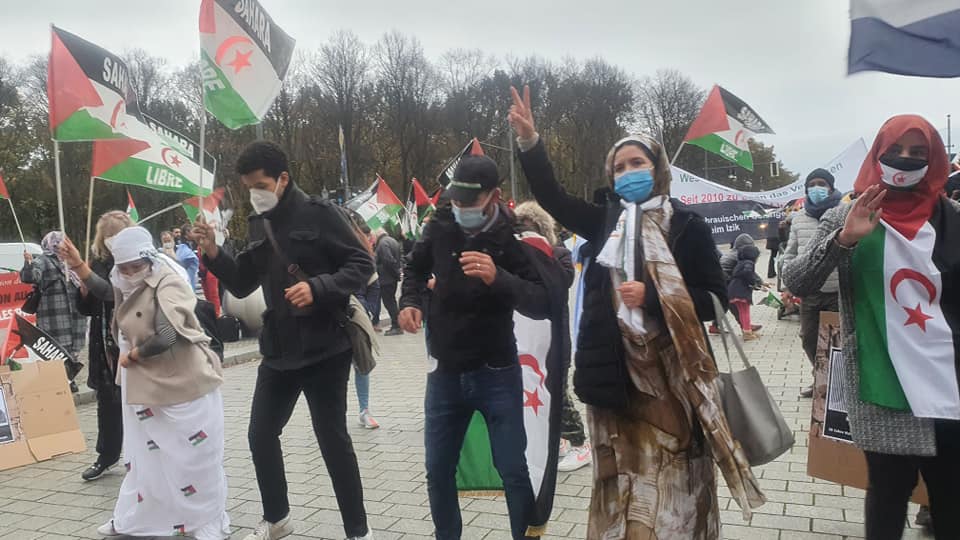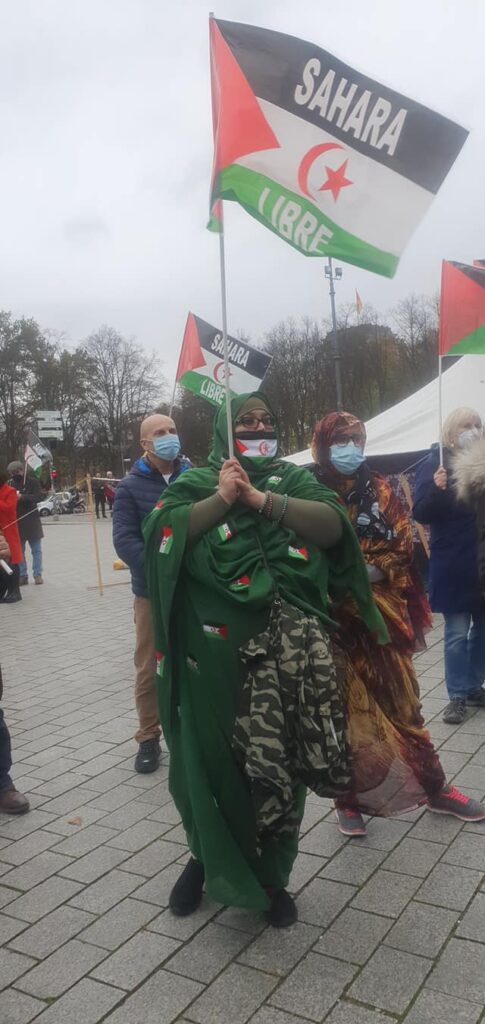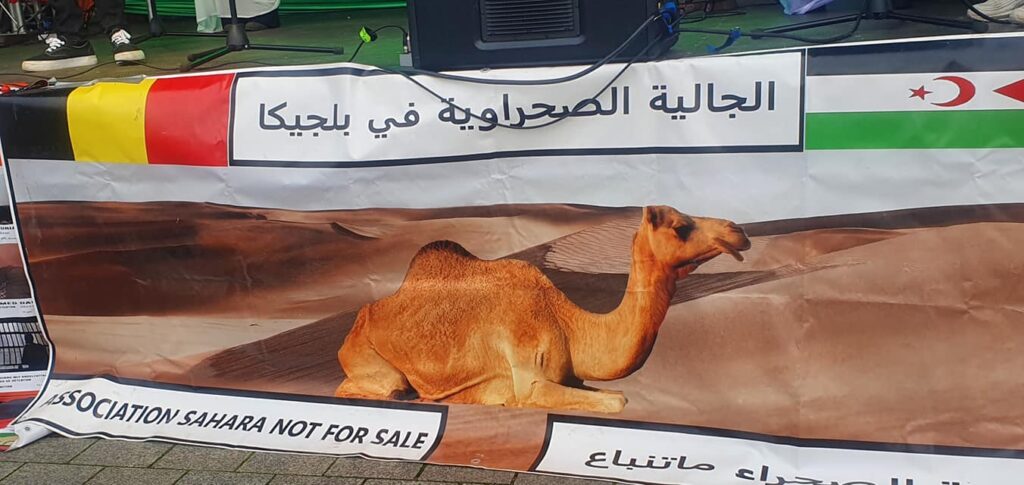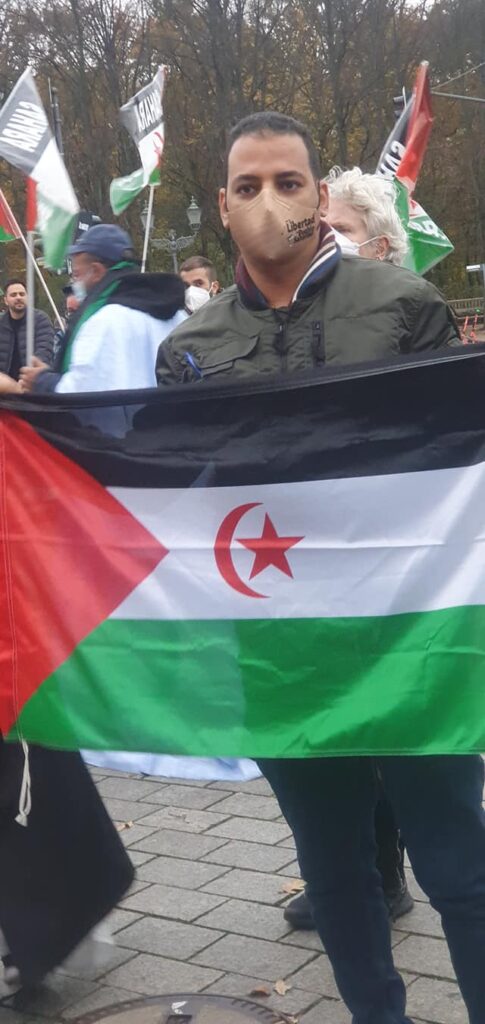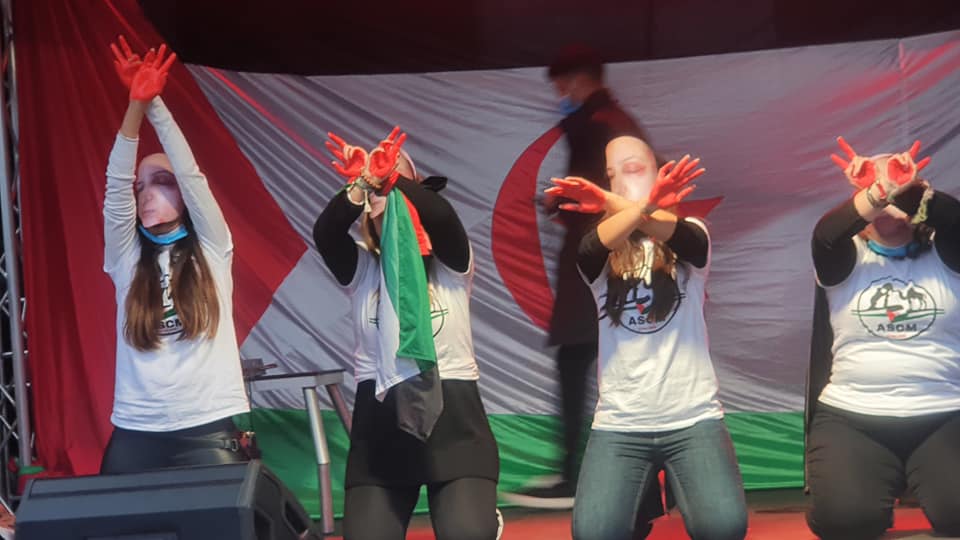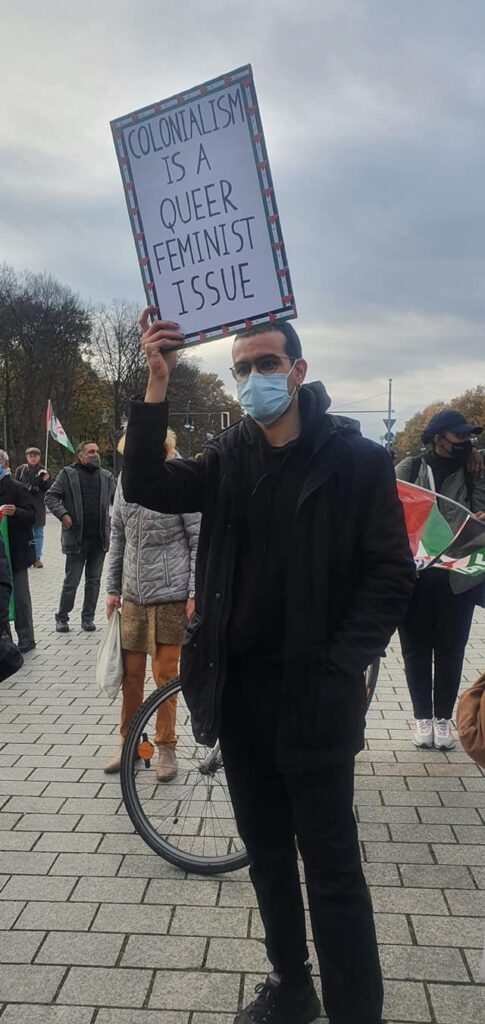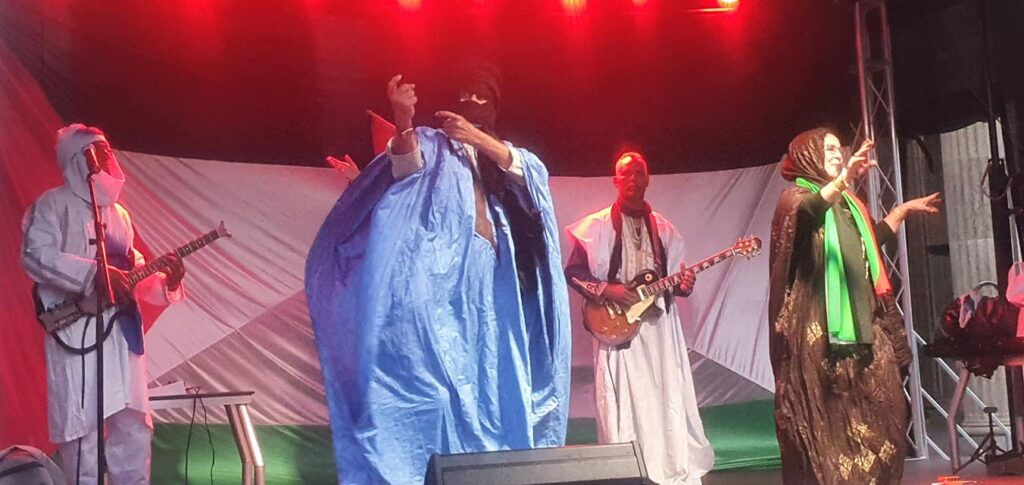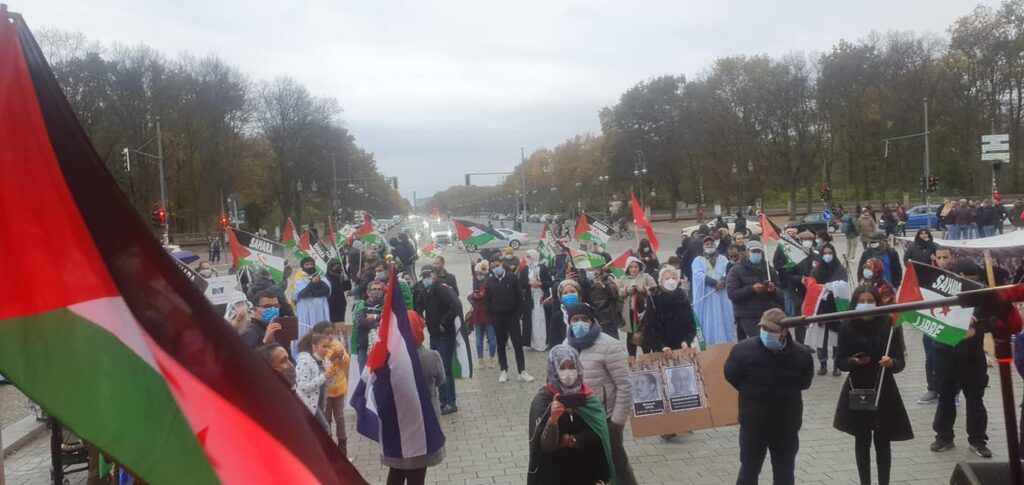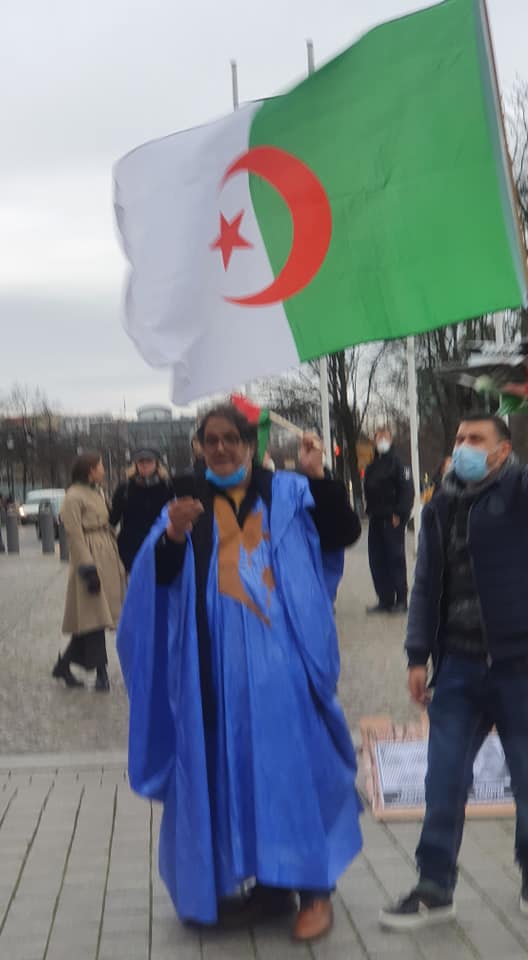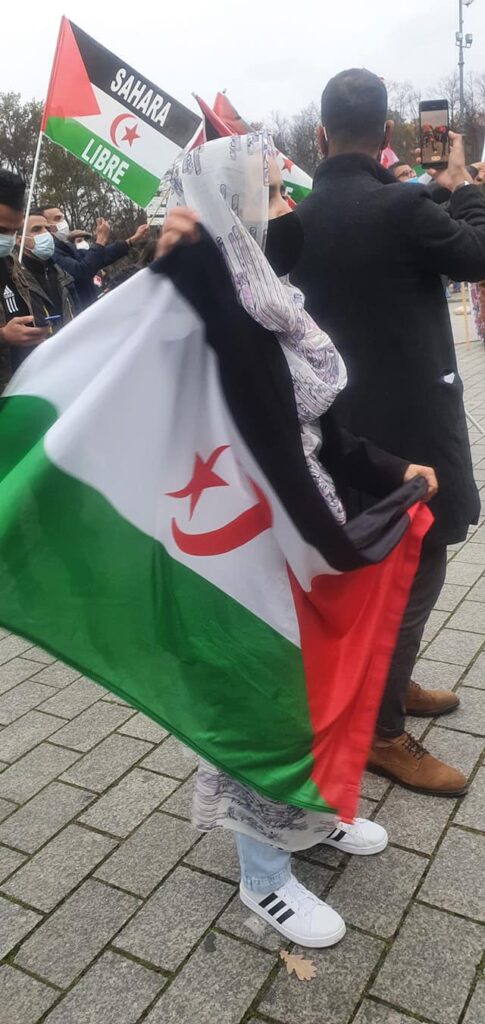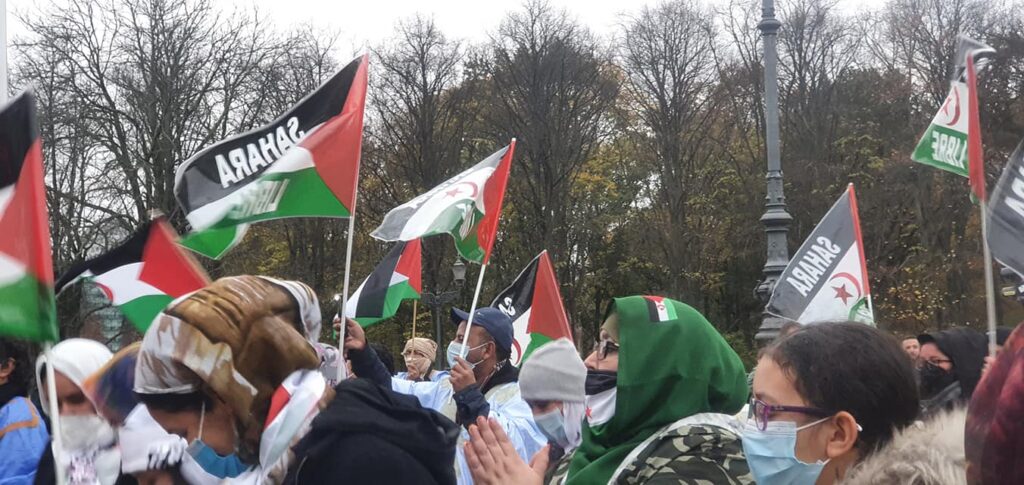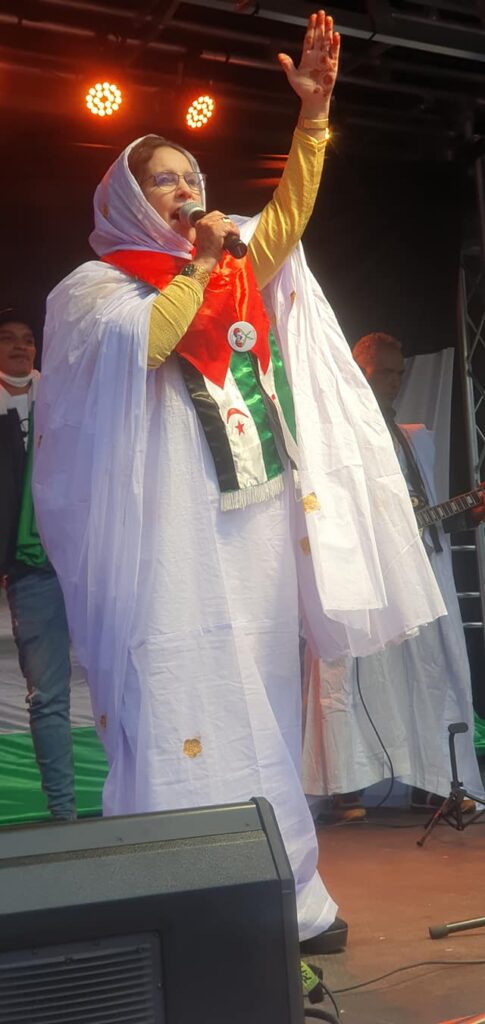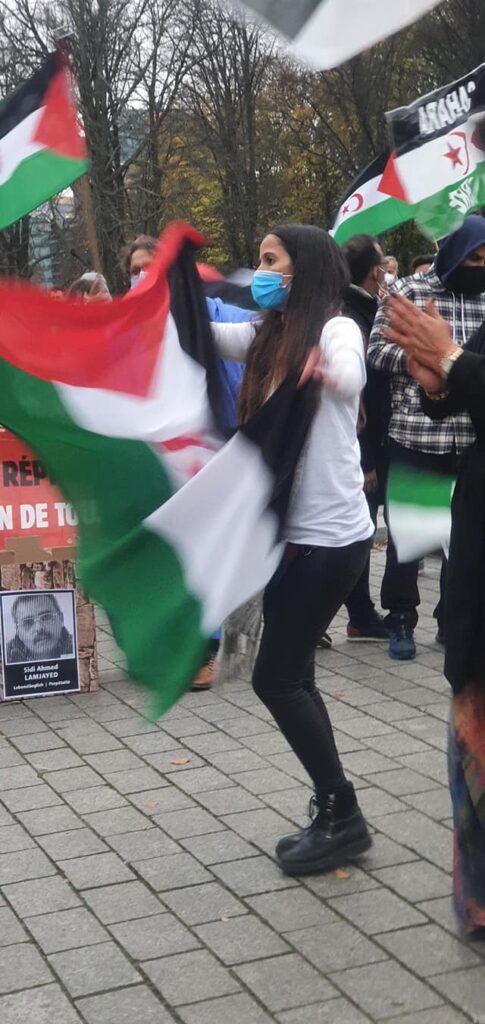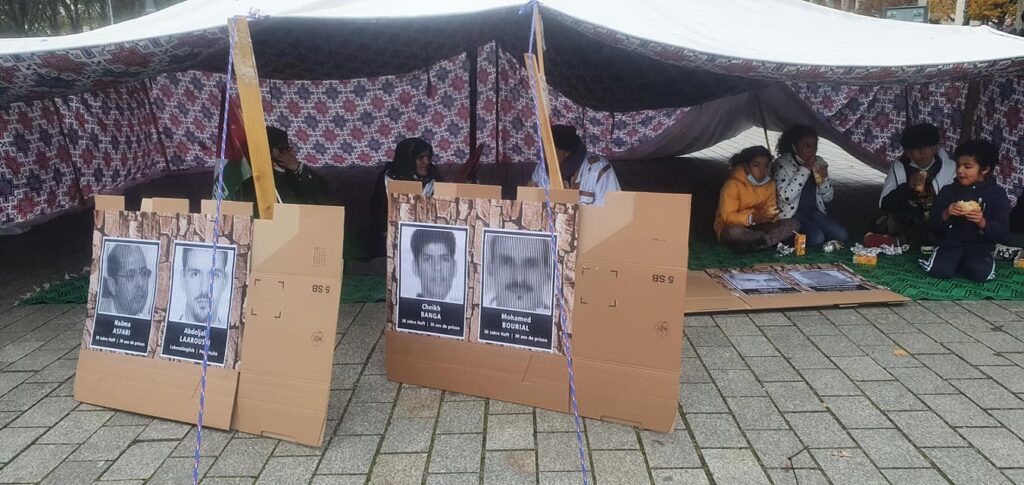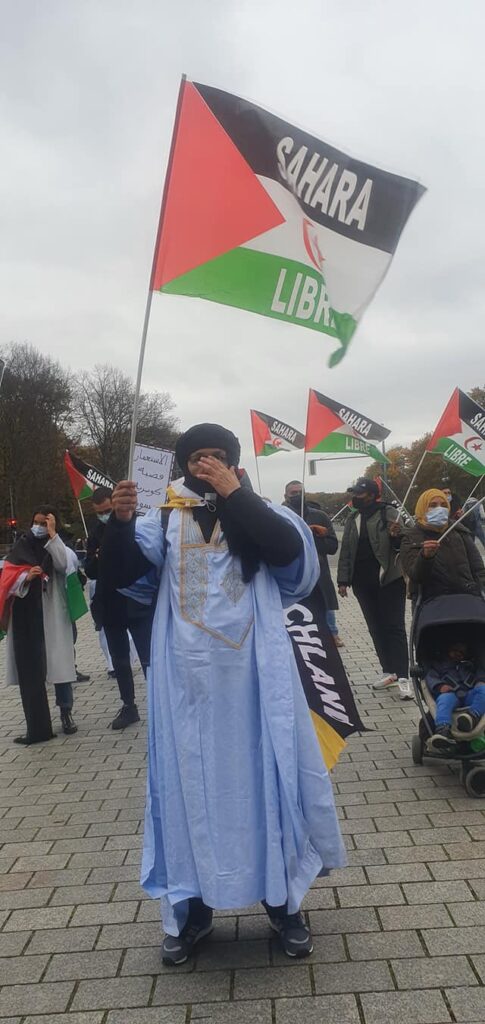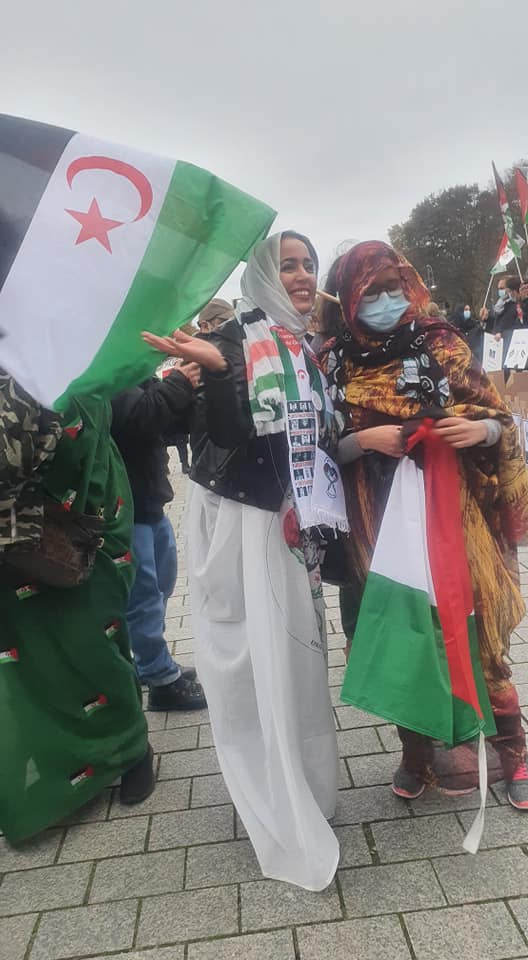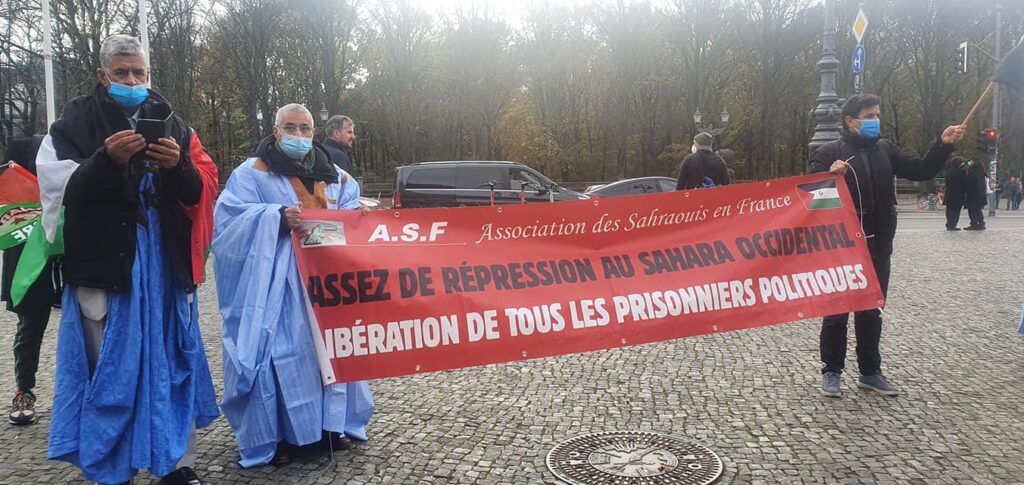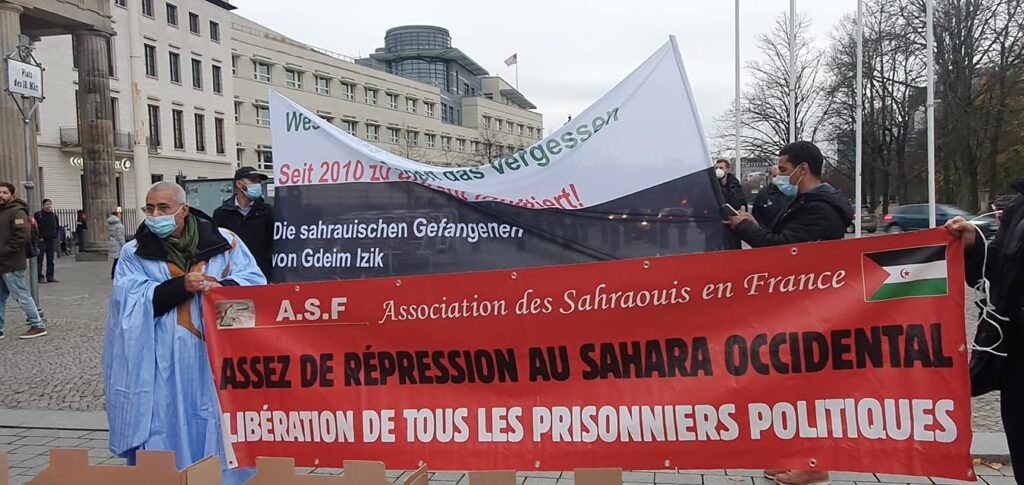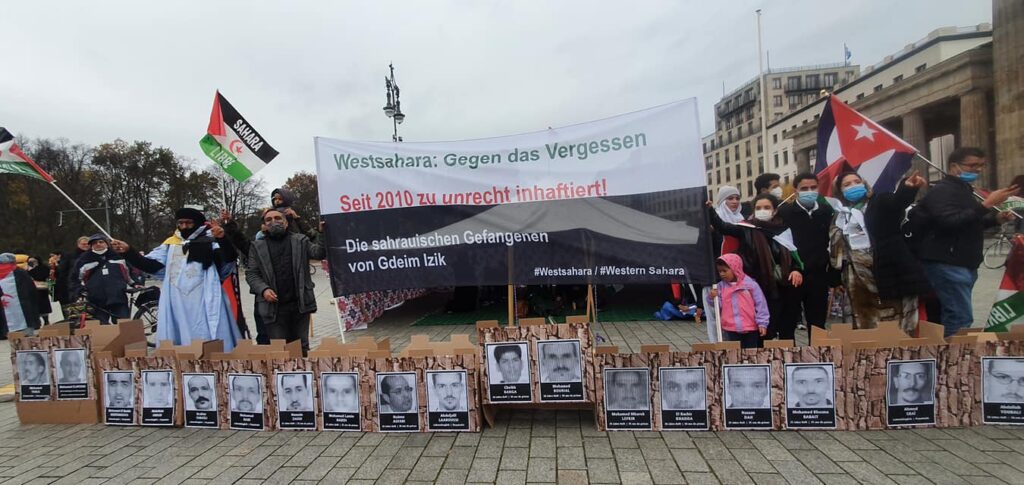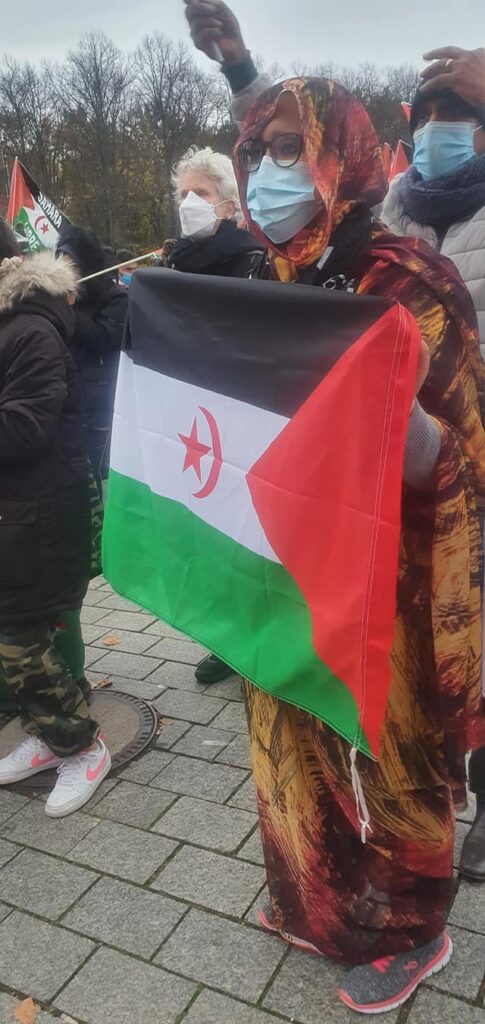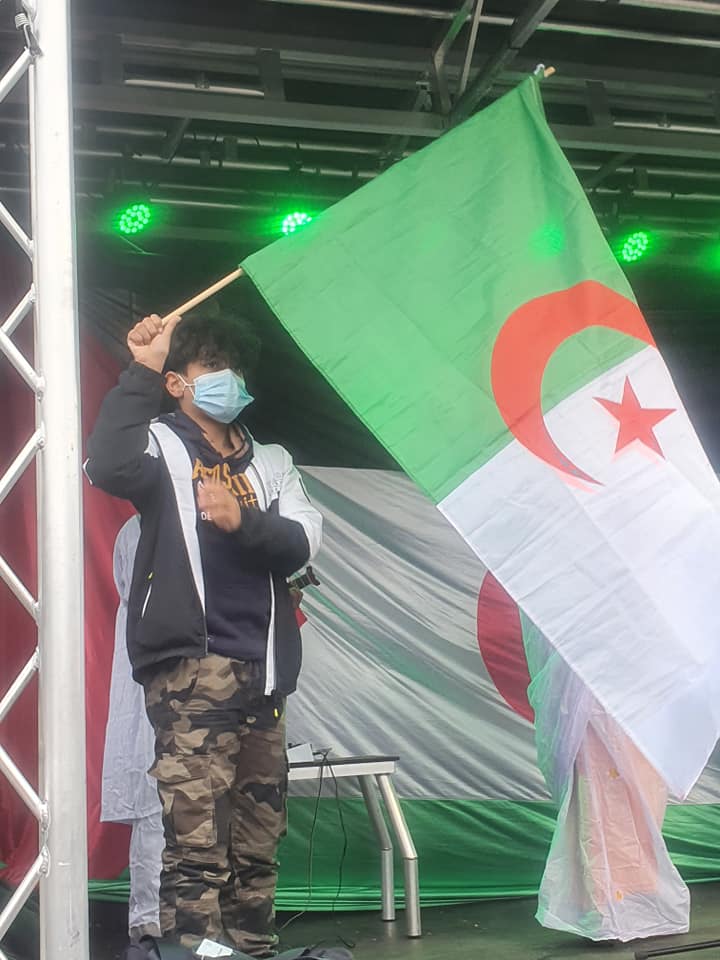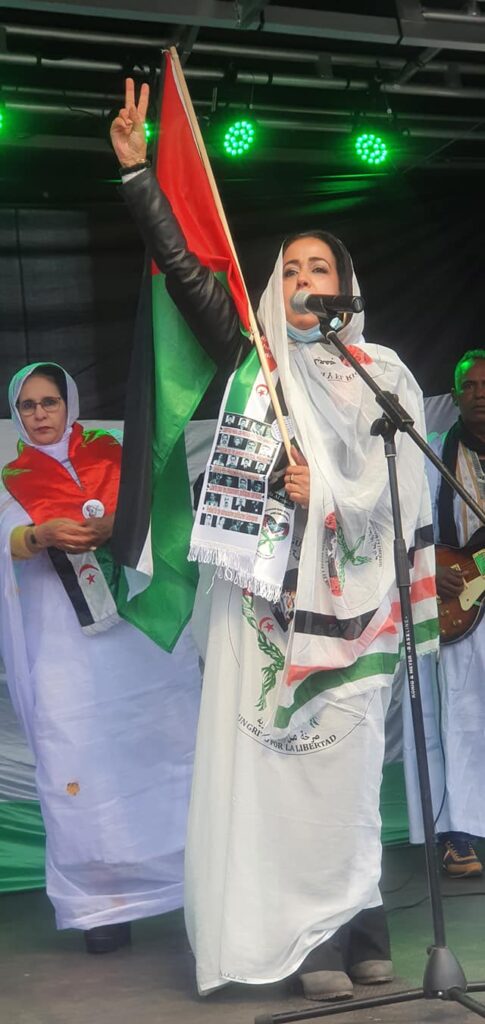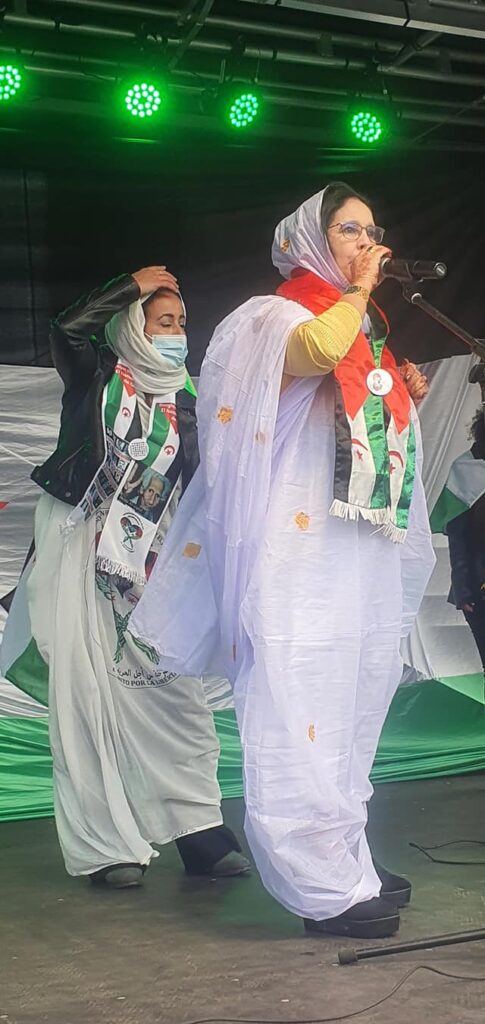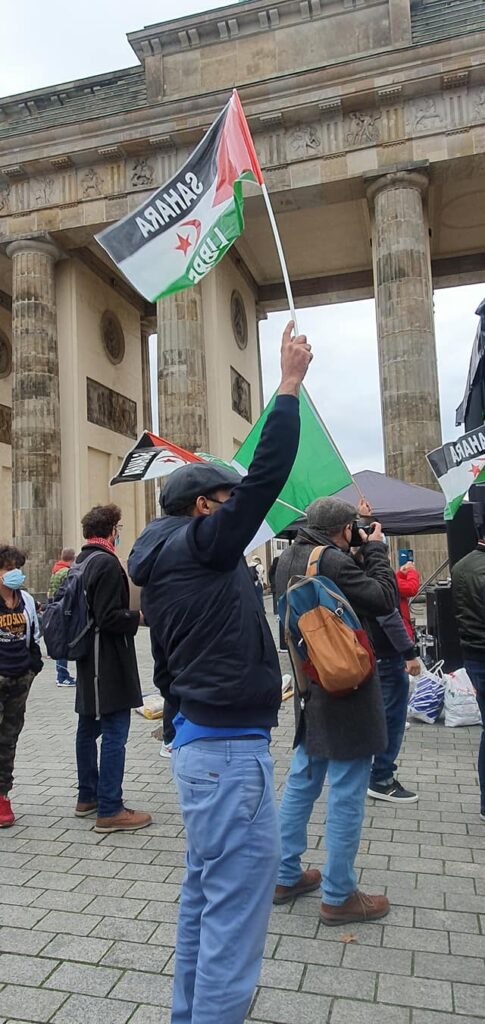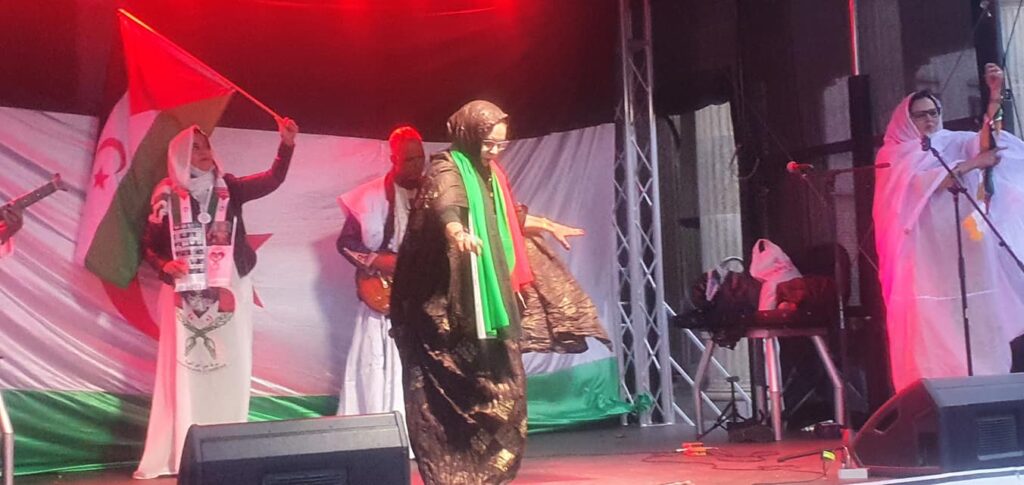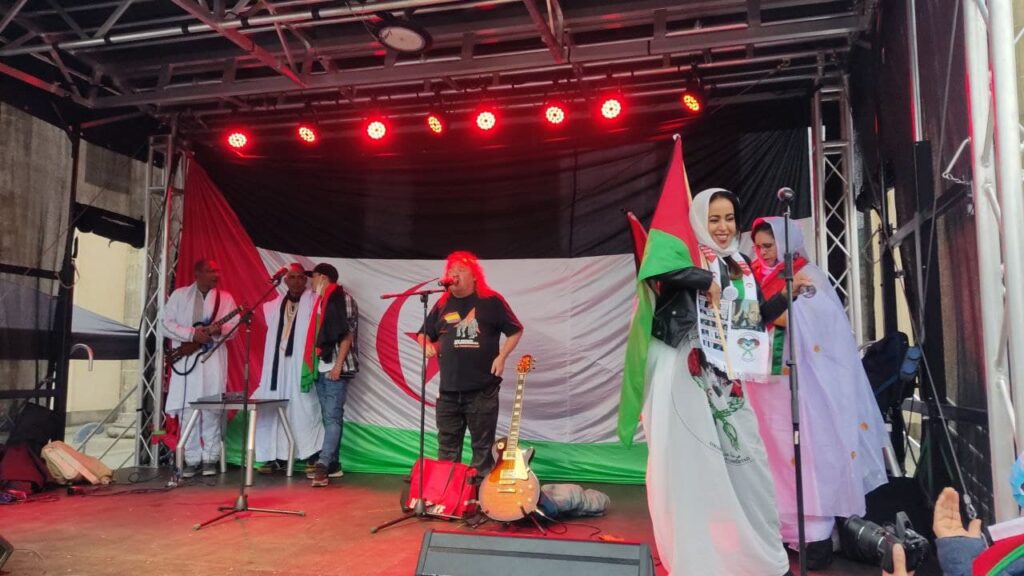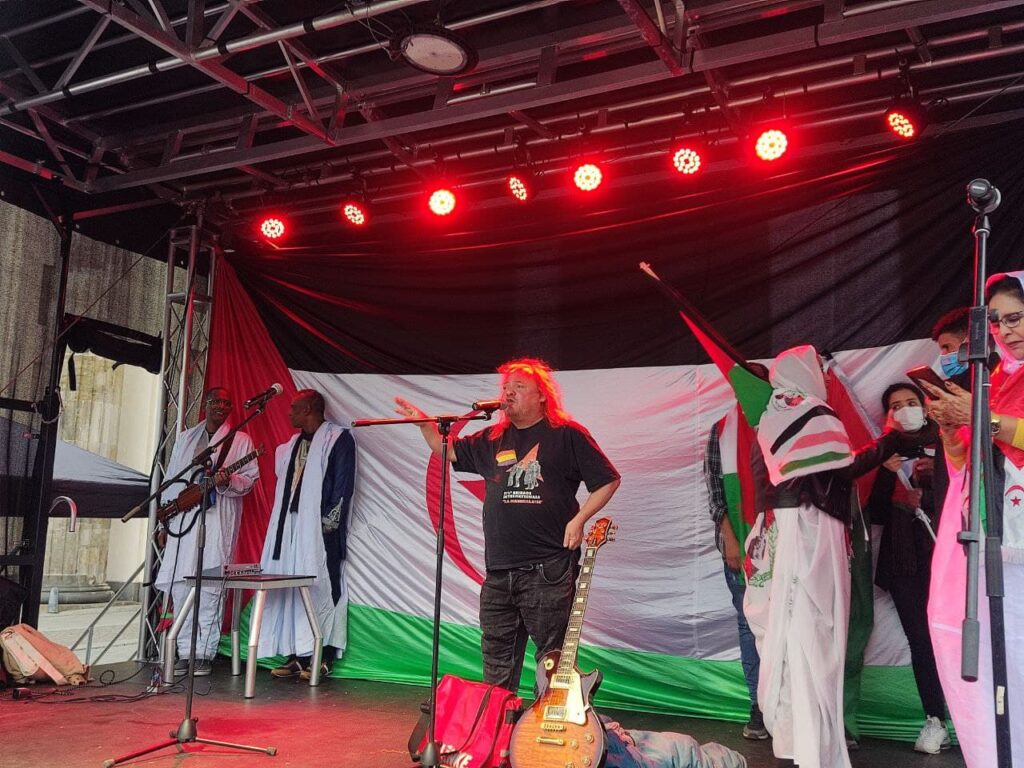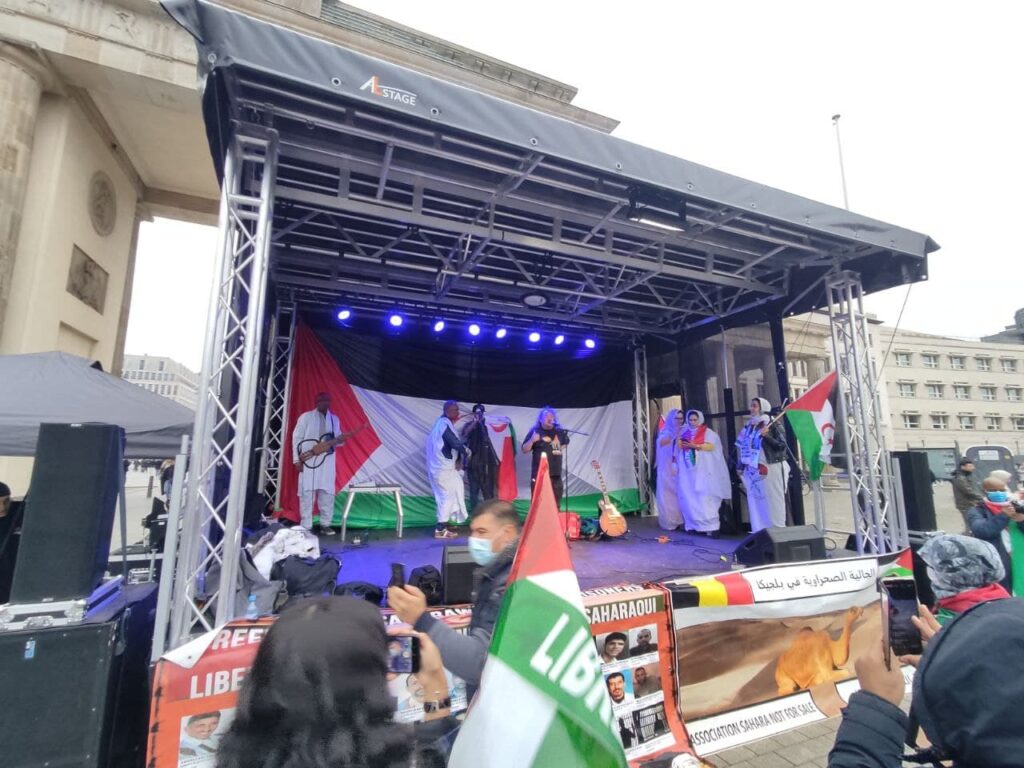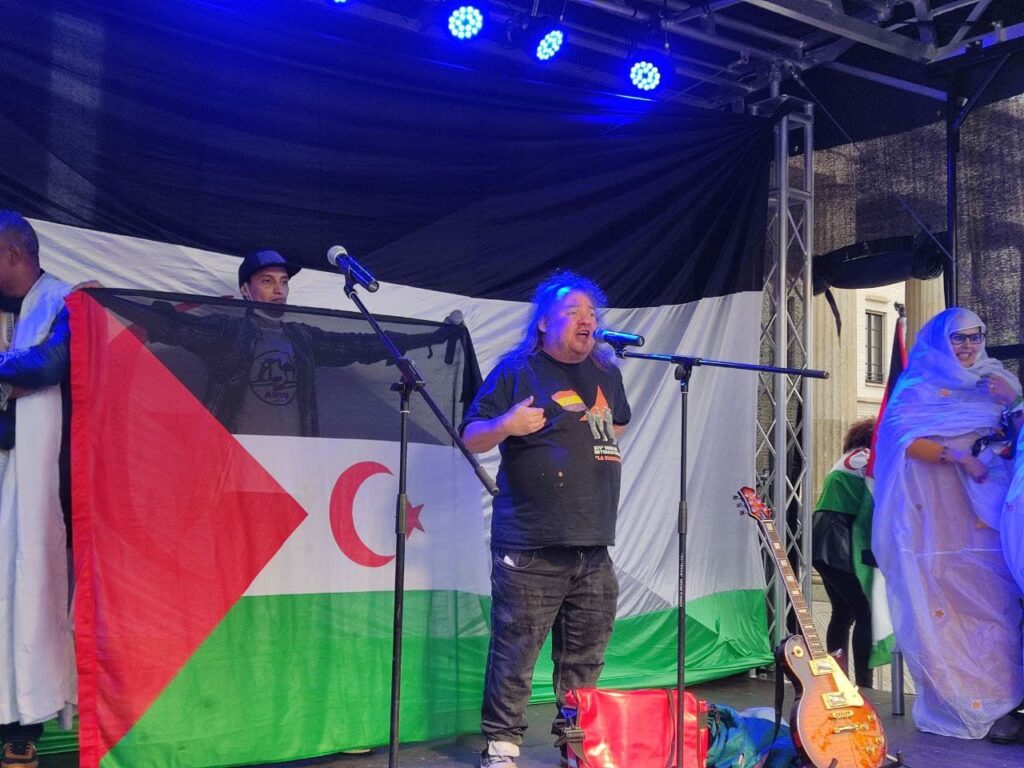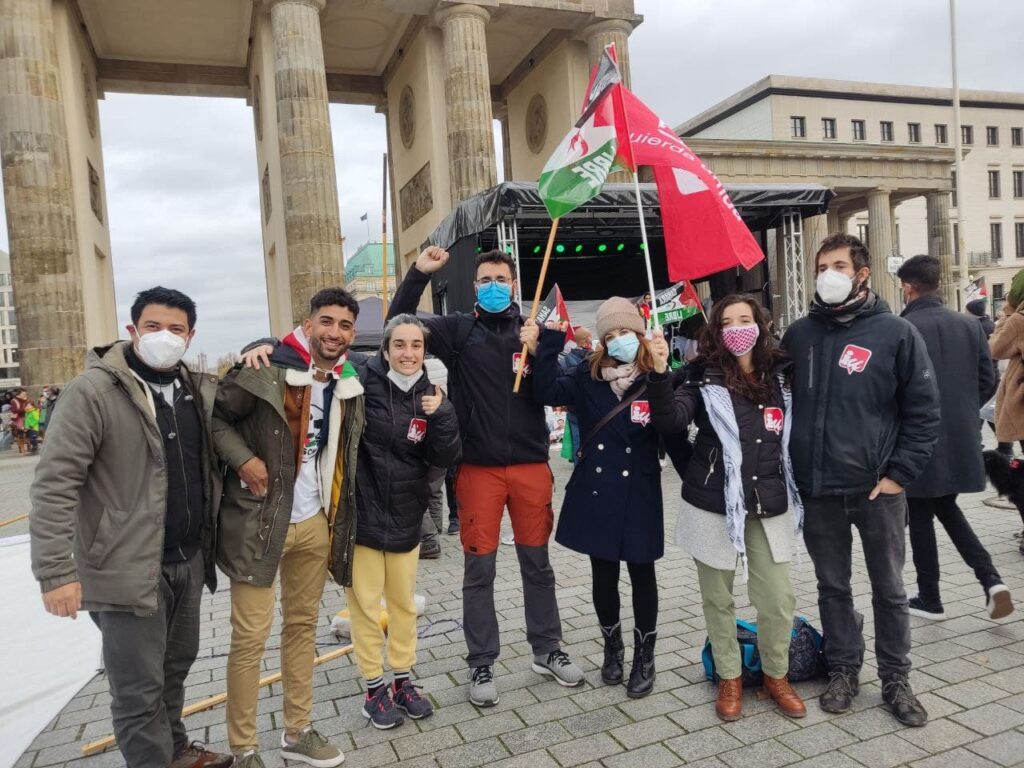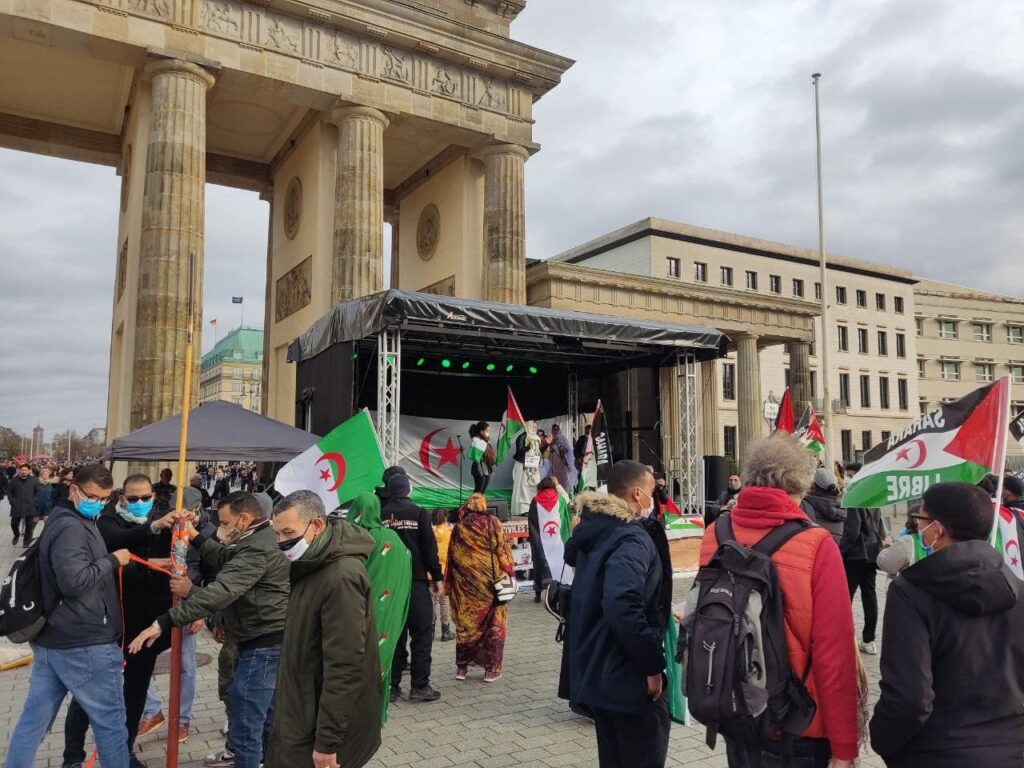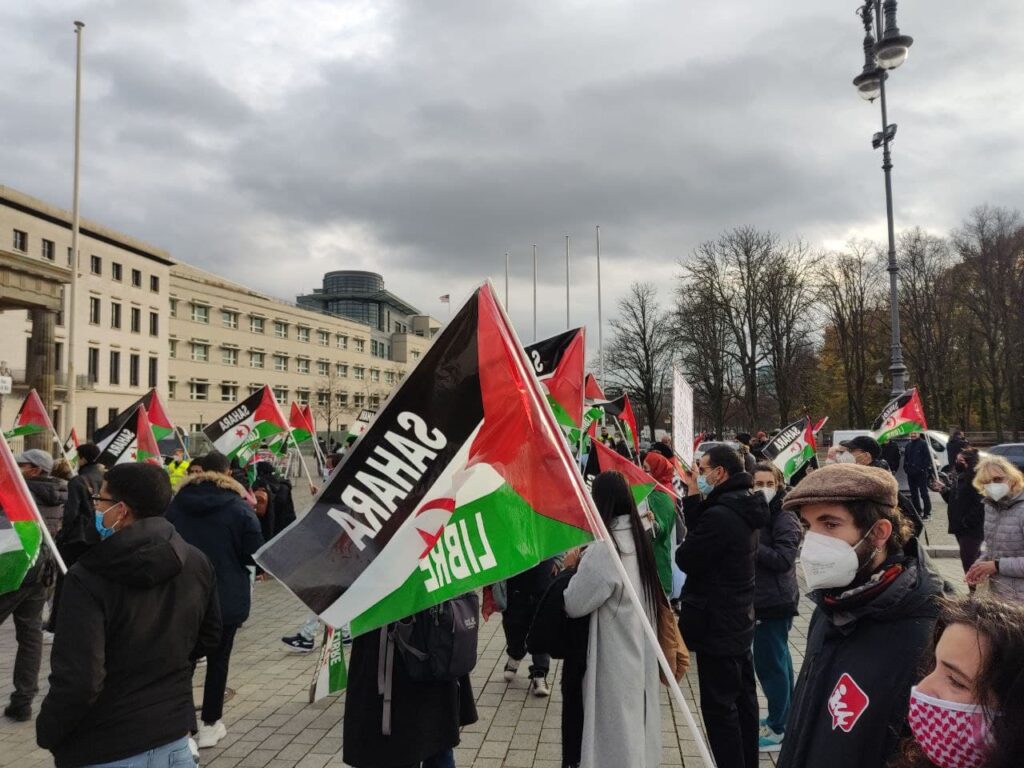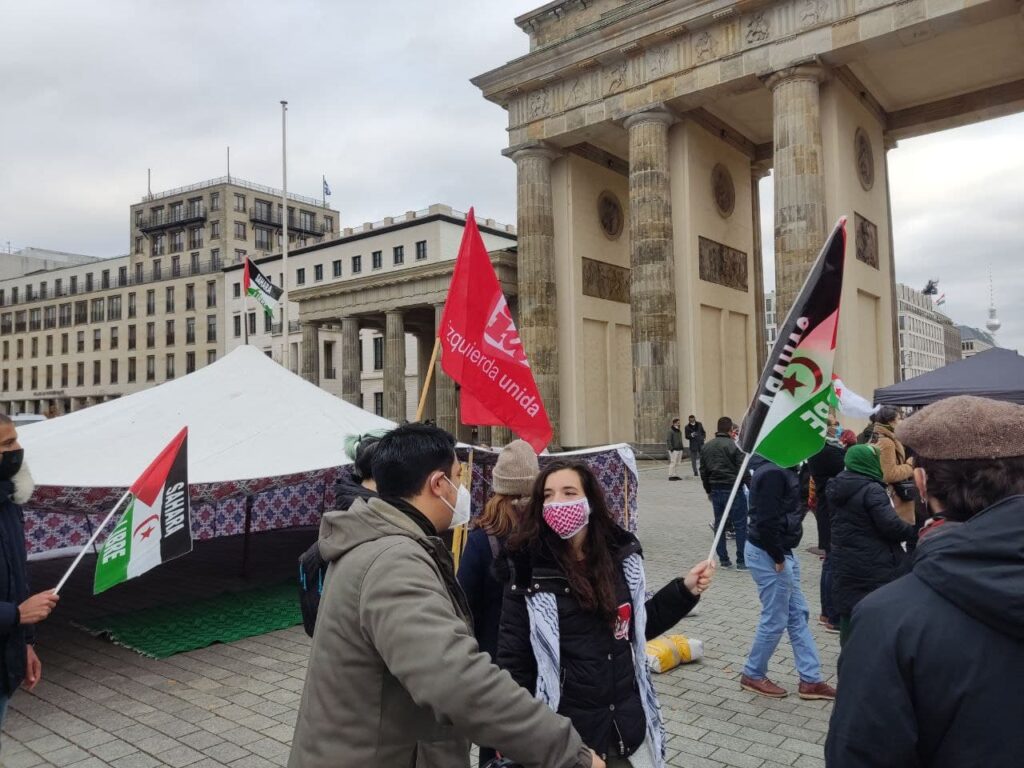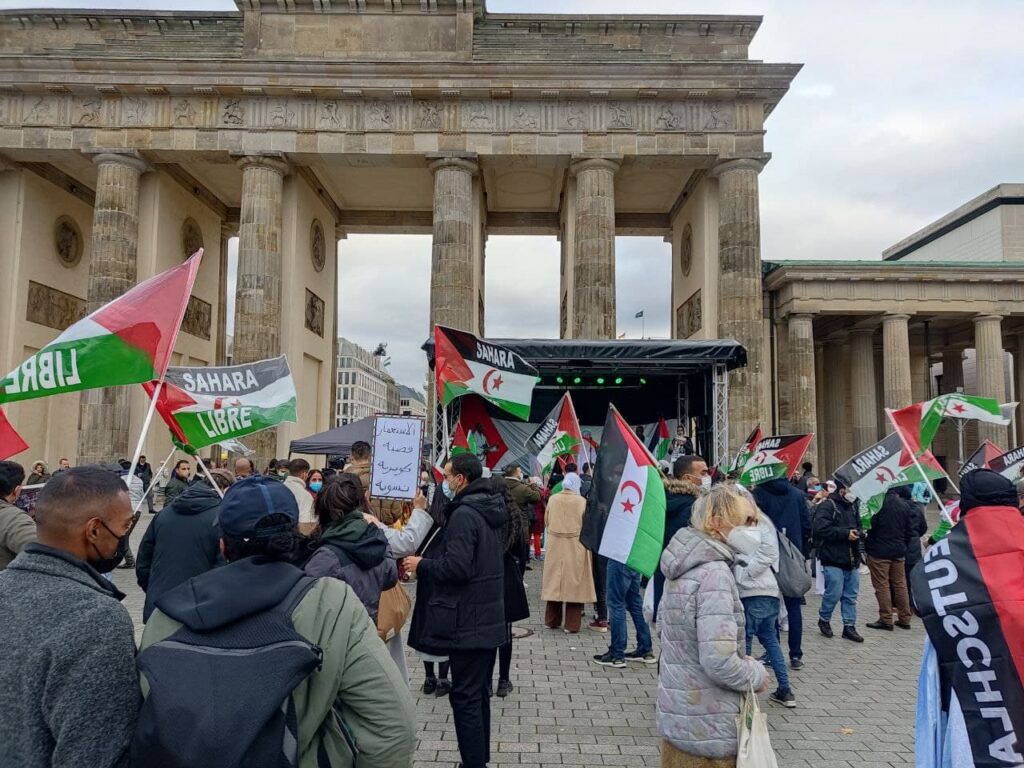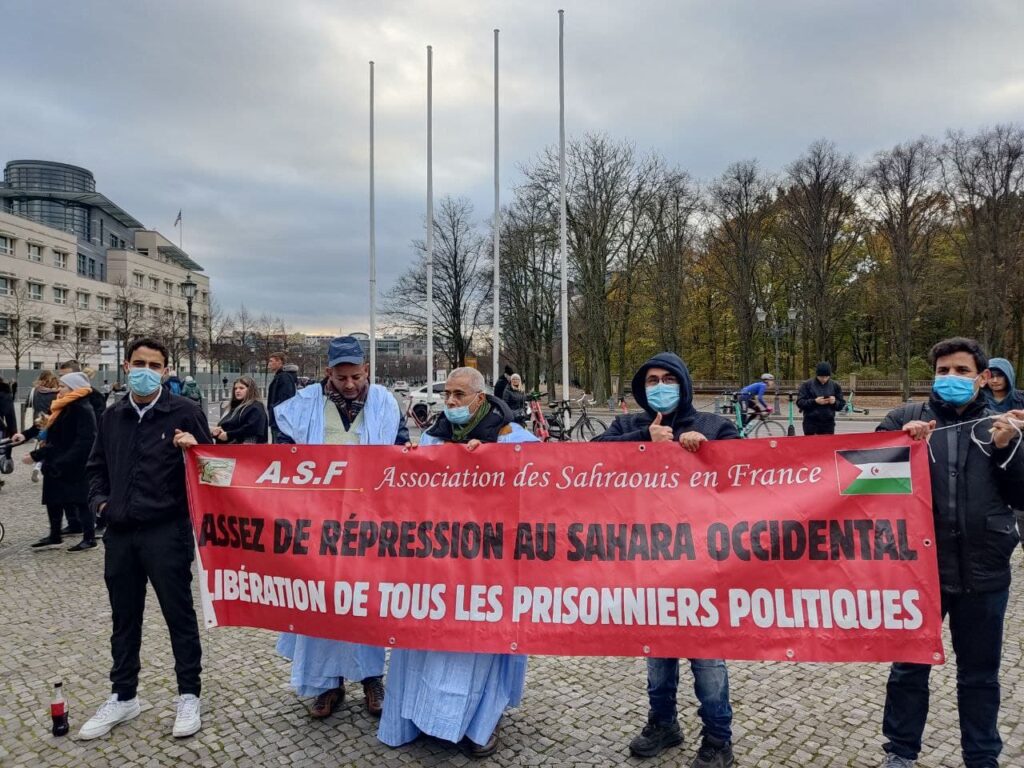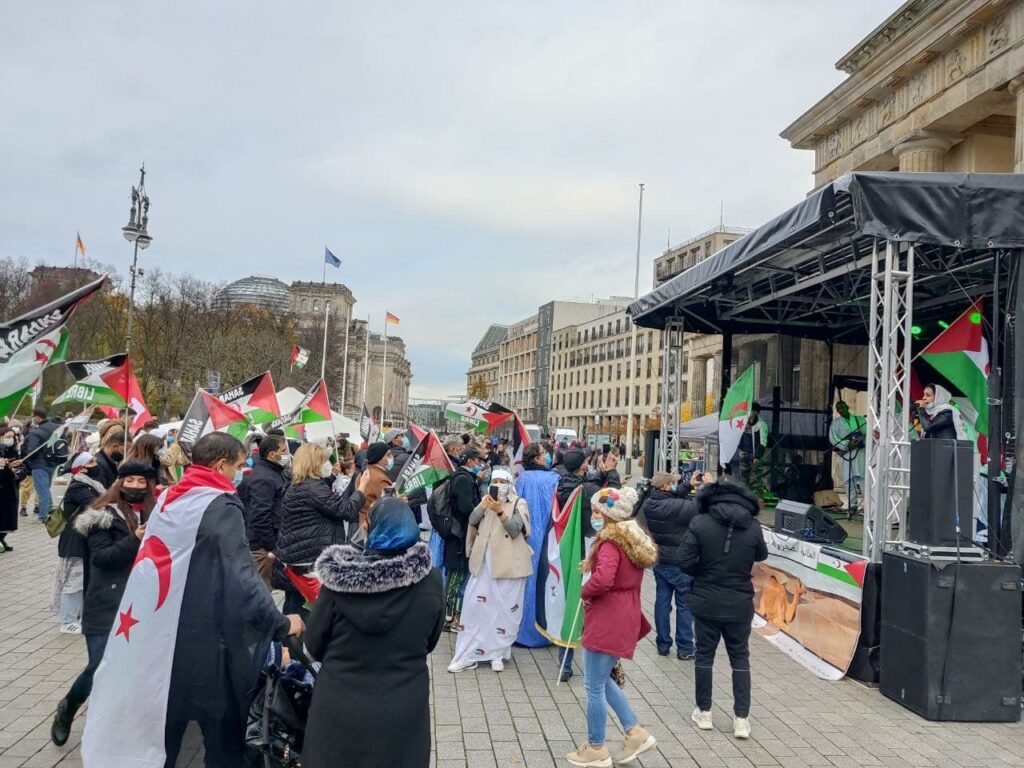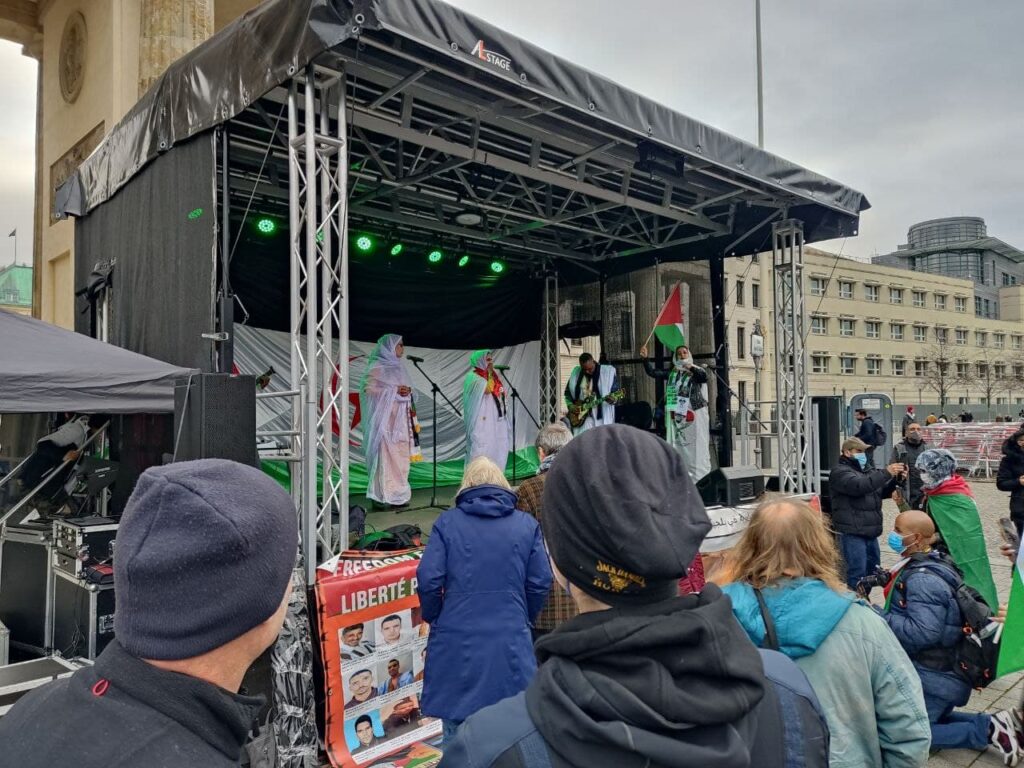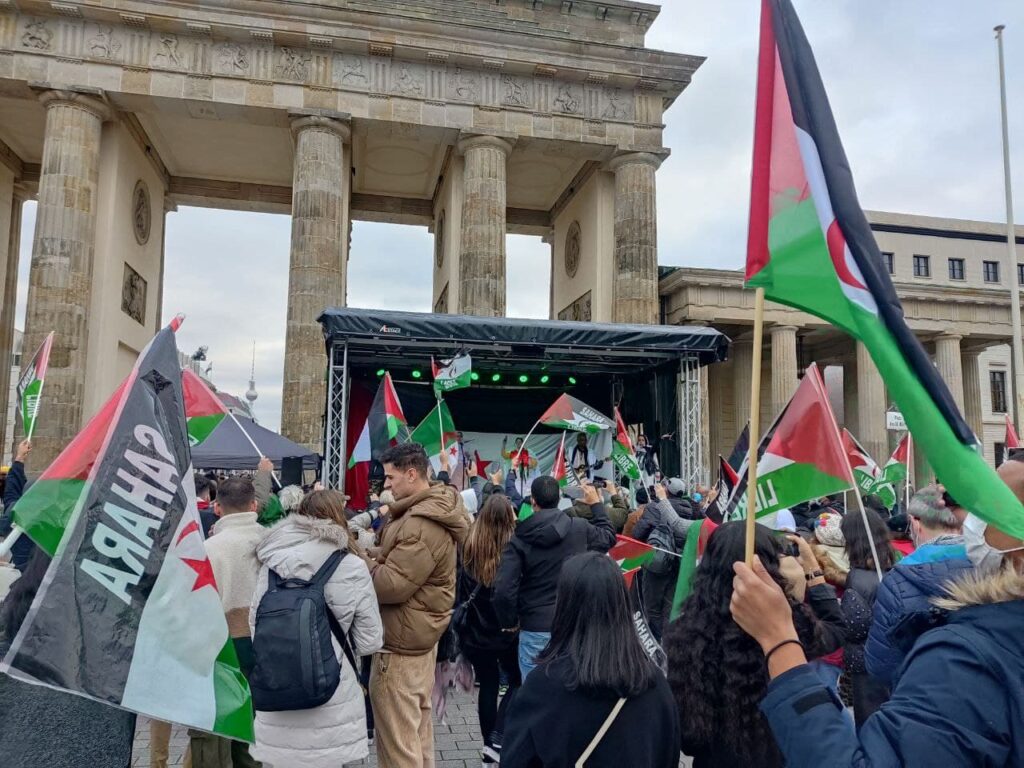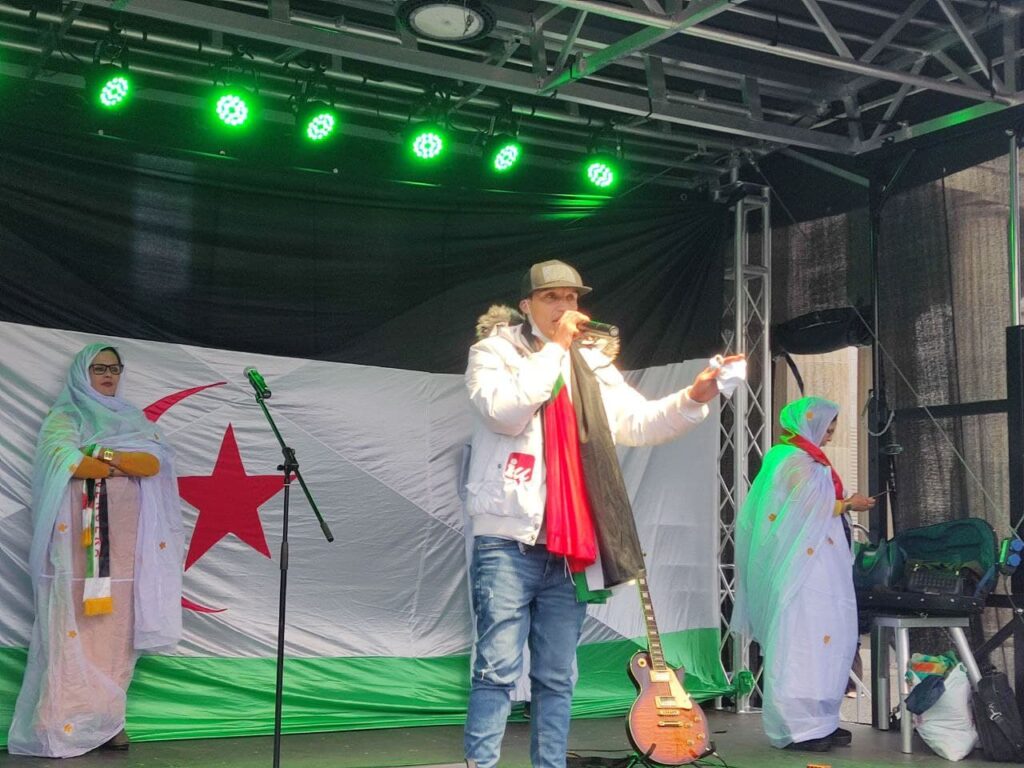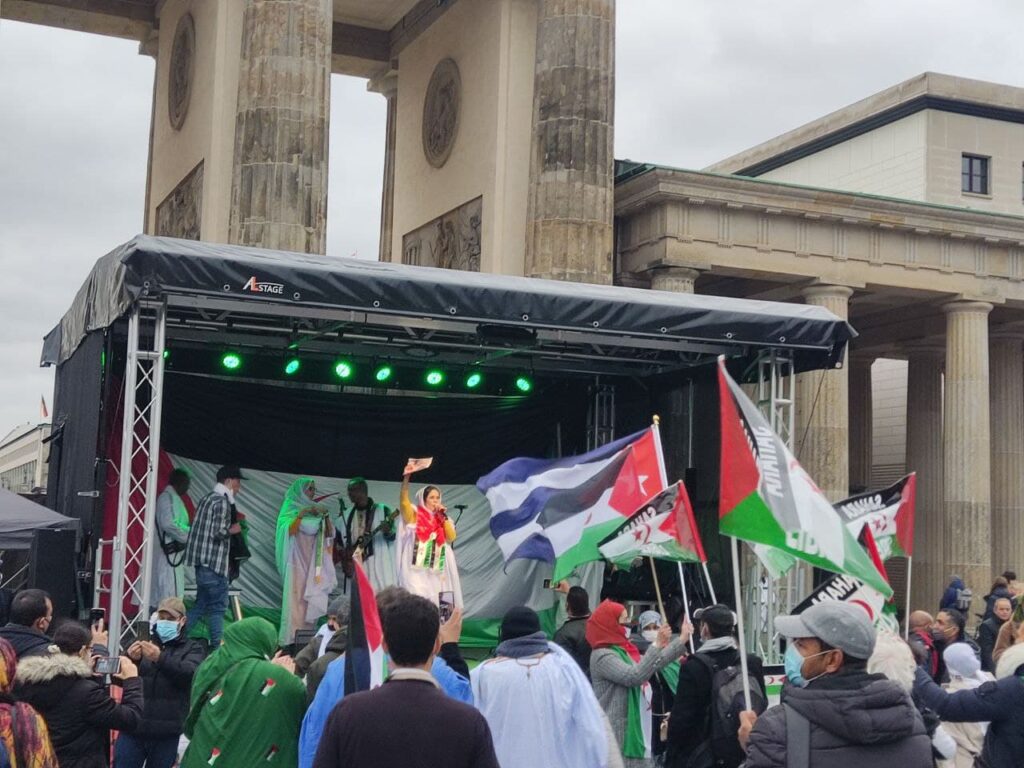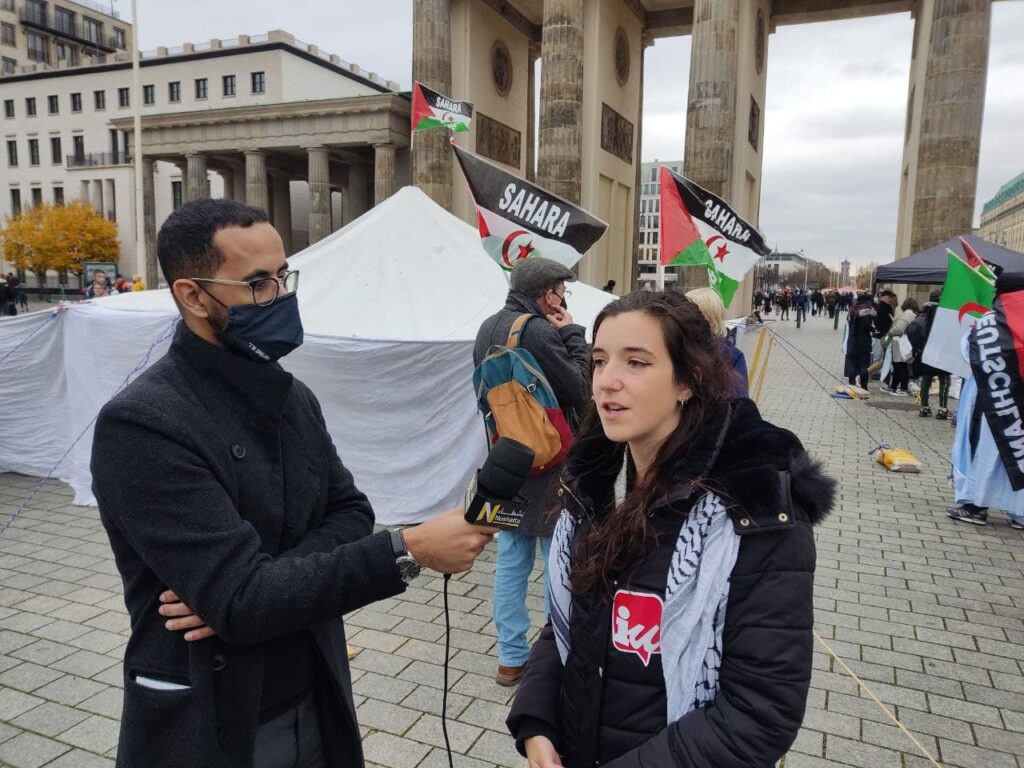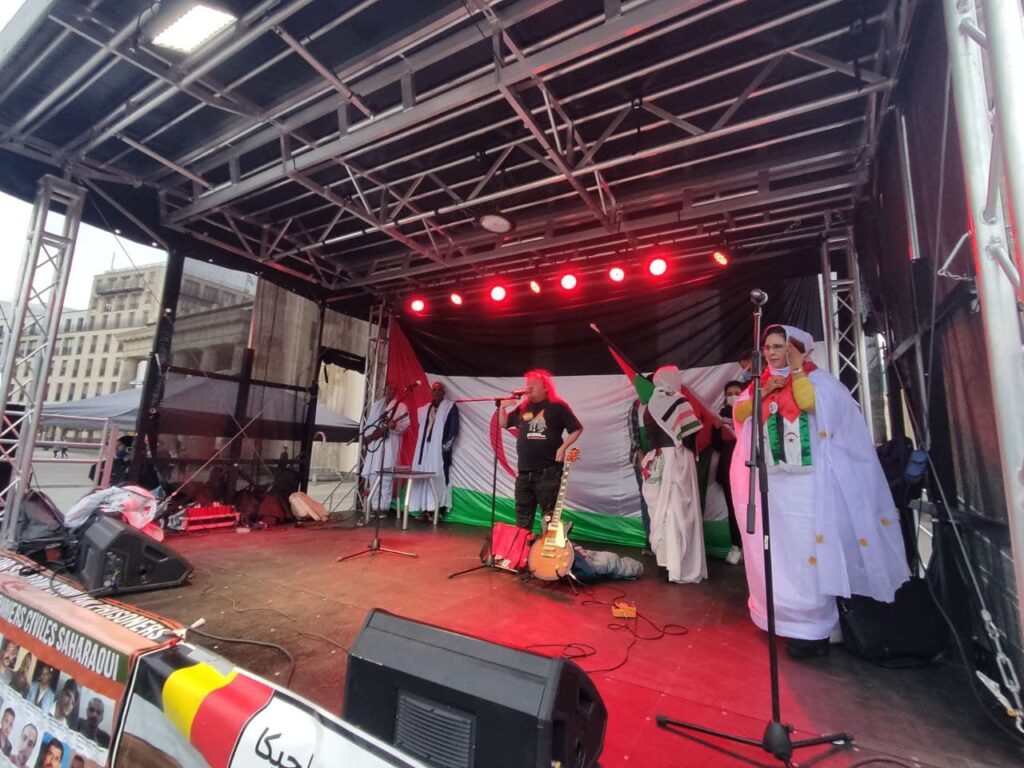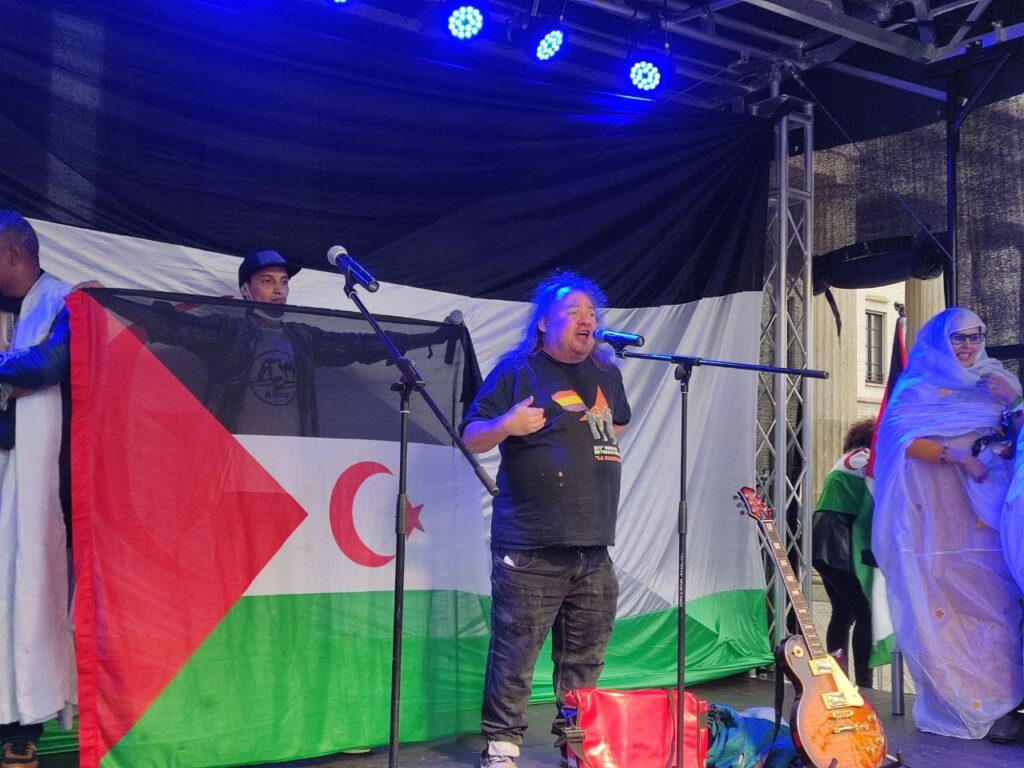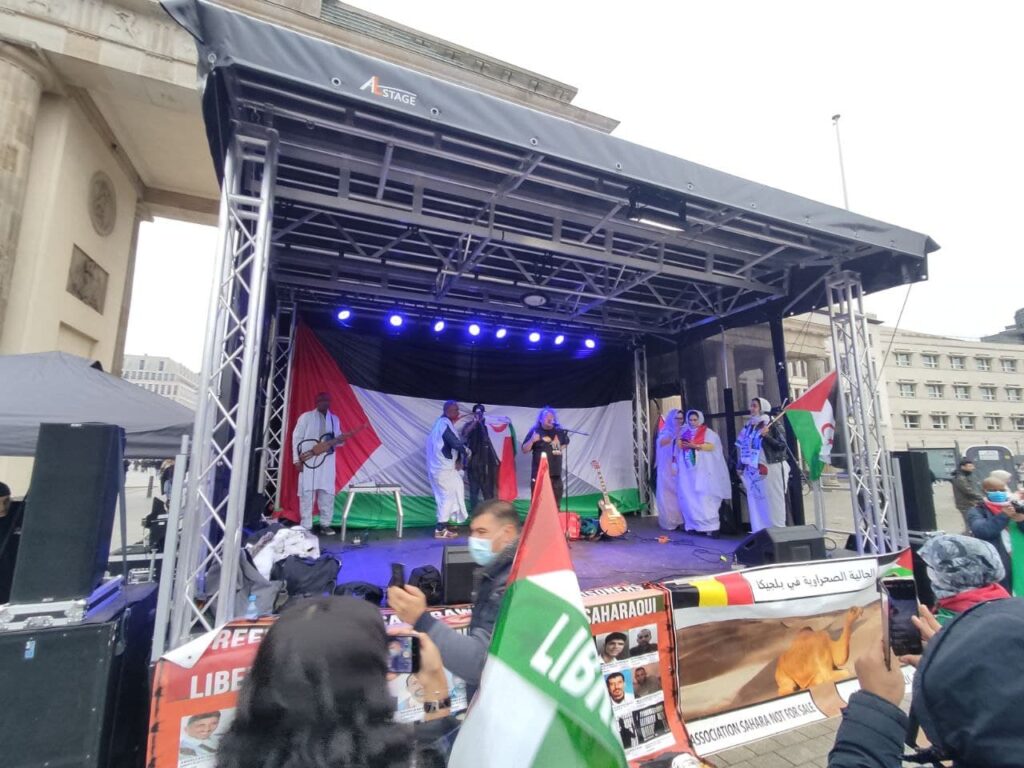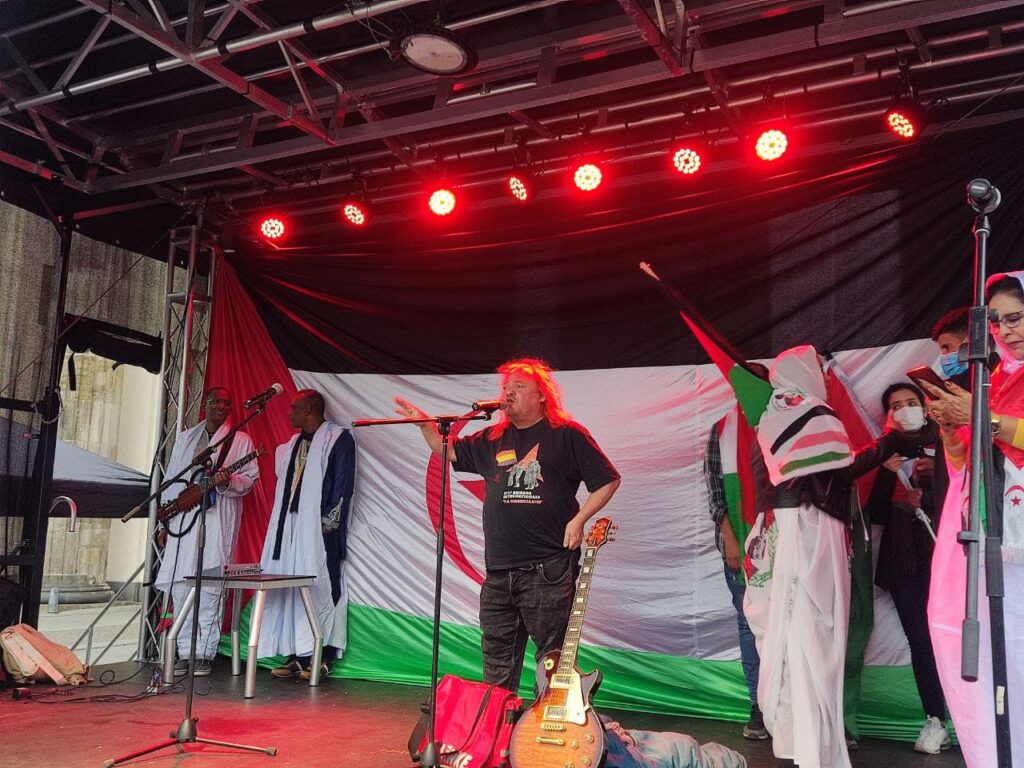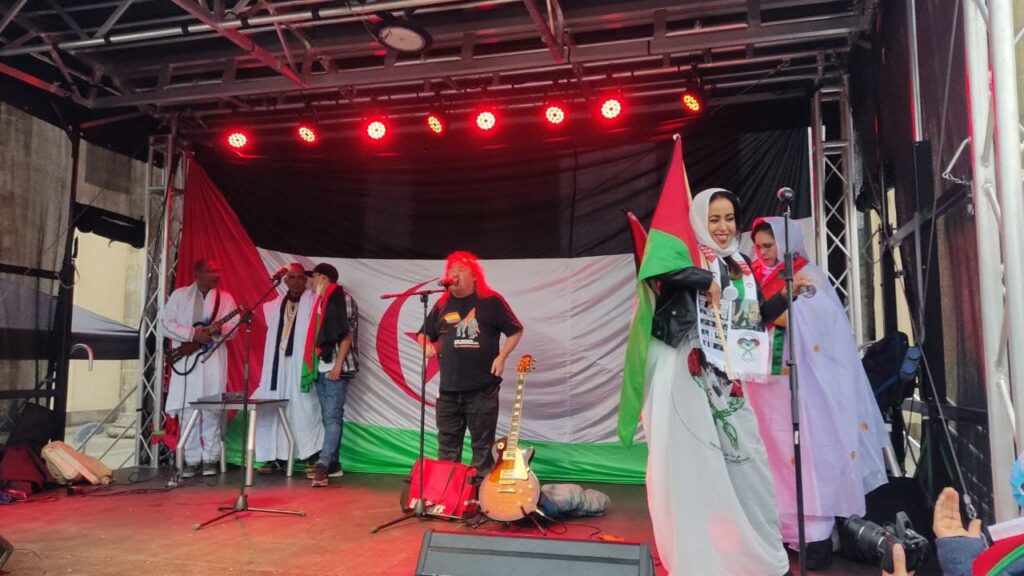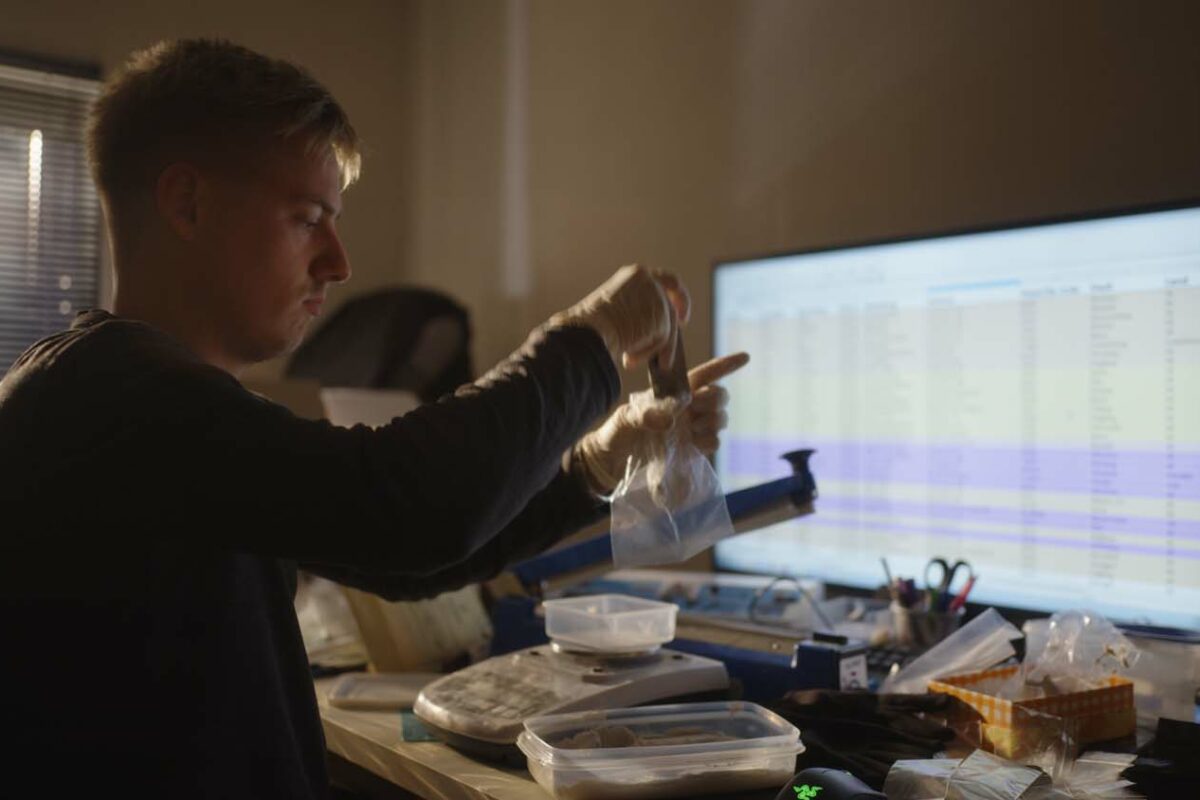Dealer Work Online
A perverse factory ballet introduces Germany’s most famous drug dealer, the Kinder-Zimmer dealer Maximilian Schmidt in the Netflix documentary Shiny_Flakes: The Teenage Drug Baron, which was released in August.
Punching pills from bright powders, steel shafts strike and pirouette to the nostalgic rattle and clang of industrial-age metal on metal, hydraulics hissing and popping, building to a menacing crescendo, as vividly colored tablets shudder and fall from a conveyor belt. Cut. Schmidt sits at a table in what looks like a prison. He rotates a smartphone to read online customer comments that make him burst out laughing:
“‘I always order my crystal [methamphetamine] here, then I shoot it up. And when the flash comes I cook the cocaine to make a bit of crack, and then I smoke a nice pipe.
Top-notch, A++++ stuff.
Guys! I lost two teeth right afterwards.
This stuff really fucks you up. I definitely recommend it – you idiots!’
Schmidt pockets the phone, smiles and says, “Looks like he was satisfied.”
Smoking crack and shooting speed are two of the most stigmatized forms of illegal drug use. Unless a viewer knows that you can use methamphetamine without losing your teeth, and that this comment is meant as a joke, Schmidt’s laughter is monstrous.
When not answering questions seated at a staged interrogation table, Schmidt reenacts the labors of his crime in an exact replica of his childhood bedroom up to and including his violent arrest. He smashes fist-sized crystals of ersatz-MDMA with a hammer, counts pills, weighs powders, cuts sheets of LSD, heat-seals small plastic bags, packs it all in envelopes to post, and taps out responses to customers. He also expresses his gratitude and surprise for help he received from anonymous online comrades who “would answer any stupid question,” about processing bulk orders of drugs.
We see him work to exhaustion, round the clock, then collapse.
Schmidt was 19 years old when he was busted in 2015. He grew up in Leipzig a child of post-reunification Germany’s go-go spirit of self-interested enterprise. He saw drug use in movies and on TV portrayed as fun. Though he himself never used drugs, for society at large, he said, drugs were about, “Hey, let’s party”.
In the new Germany, his entrepreneurialism is an expression of fashionable start-up audacity, a radicalism suited to his times. A theme Shiny_Flakes’ producers caricature in their hit Netflix series based on Schmidt’s story, “How To Sell Drugs Fast (Online)”, among the best, most socially useful, and anti-capitalist drug-crime fictions I have seen. It mocks the main character’s Steve Jobs hero-worship, and ridicules police stupidity and racist dealer clichés and hyper-violence. It sends up smarmy business gurus and includes an organic hipster juice company fronting for an MDMA factory run by two stylish young Dutch women who are, like all true TV drug dealers, as murderous as they are cruel, offering fresh juice and business offers that cannot be refused.
The German drug-entrepreneur comedy is not new. The 2001 box-office hit Lammbock – Alles in Handarbeit (Lammbock – All Handcrafted) that starred Moritz Bleibtreu and Lucas Gregorowicz was about stoners who solve post-high school troubles by adding weed delivery to their pizza business. It includes a dreadlocked hippie character flashing peace signs in a stock comic reference to drugs’ other radical history. The one rooted in pro-drug politics defended and celebrated by activists as means of revolutionary consciousness raising.
A generation later, dudes delivering weed with handcrafted pizzas are out, internet start-ups with PowerPoint business plans in. All traces of drugs’ radical history have vanished.
Debate over drugs’ political use split leftists in Germany’s Sixties youth movements, leading to the expulsion of pro-drug leftists from political cooperative apartments and communes. Out of the tumult, in 1969 a group of stoner-friendly militants for the “right to get high” („Recht auf den eigenen Rausch“) and direct action, including violence, announced the formation of the notorious Zentralrat der umherschwelfenden Haschrebellen (Central Council of Wandering Hash Rebels).
If German socialists today have come around to support legalizing drugs, and German high school children, notably girls, may be depicted in a popular TV comedy enjoying and managing their use of cannabis, MDMA, and ketamine, as they are in “How to Sell Drugs Online (Fast)”, it is thanks to a half-century of activism for drug decriminalization, which included a vestige of the Haschrebellen who called the national demonstration in 1997 establishing the annual Hanf Parade, one of Berlin’s largest annual political protests.
The parallel normalization of “soft” drug use in popular culture has long established drug illegality as an apolitical means of transgressive self-realization that only the most unhip reactionaries, and some police, find objectionable.
What has not changed is the status of labor required for the provision of illegal drugs, work performed by people who are nearly always called “drug dealers”, whether they grow cannabis, smuggle tons of cocaine, or stand in the park selling small bags of whatever’s available.
For the Left, the unnamed paradox is that this is labor, that is illegal work, that even if ethical, remains labor that should disappear. (An exception is the Haschrebellen, as they exist today on a website. See their Dealer Special page.)
Unlike sex work, the activities of drug smuggling, clandestine production and distribution, may only be politically defensible under prohibition, and only to the extent that prohibition is deemed unjust and harmful to society, as it appears to be in German public opinion and the platforms of political parties from the pro-capitalist FDP to the socialist LINKE.
Acid Communism
Berlin’s HKW (Haus der Kultur der Welt) cultural center hosted an “Acid Communism” conference in June this year, which opened with a talk by cultural critic Diedrich Diederichsen titled “Access to Tools (on Acid)”.
The idea of “acid communism” revived for Diederichsen the question, “What would have happened if hippie drug culture and the New Left had not diverged, the first descending into esotericism, the others ending up Maoists?” Yet he never mentions their brief fusion in the 1969 Haschrebellen, or their subsequent apparitions.
The Haschrebellen story is complicated, and Diederichsen’s twenty-minute talk was not about the history of pro and anti-drug radical politics. It was about how the psychedelic deconstruction of commodities may have better reflected Marxist analysis than the puritanical anti-drug Left understood. Still the absence of any example of political action stemming from a politicized German drug culture was unfortunate since the origin’s of “acid communism”, as Mark Fisher imagined in the 2017 essay inspiring the conference, advocated deploying the experiences of “psychedelic consciousness” as a means of advancing socialist political action as much as theory.
Fisher argued this new form of mass consciousness encompassed not just drug users, but masses of working class people, and that it, and related socialist Sixties projects, were the main targets of neoliberalism summed up in the Thatcherite dictums: There is no alternative (to capitalism), and Society does not exist (only families and individuals). That neoliberal ideological onslaught helped to neutralize psychedelic consciousness and establish illegal drugs as symbolic commodities of individual transgression and self-realization – or destruction.
A World of Bosses
In recent German drug dealer film and TV fictions, forms of this transgressive self-realization occur when the deserving hero achieves dominion over others and assumes his natural destiny to become a “boss”. The body of the dealer at work is mystified into the imagined transcendence of work, or worker, to boss. Unlike the sex worker, who since the 1970s has enjoyed growing Left solidarity, the drug worker’s body can disappear, and usually does in fiction.
No German fiction better illustrates this than Burhan Qurbani’s 2020 Berlin Alexanderplatz, made, in Qurbani’s words, to tell the story of Berlin’s Black refugee park dealers and promote a utopian multicultural new German.
Early in the film, the park dealer underboss, Reinhold, tells film’s hero Francis, “He’s nothing compared to you,” referring to Ottu, a fellow refugee with whom Francis works illegally as a construction laborer. “He’s the one who should be working for you.” Throughout the movie, all the other main characters are bosses who tell Francis that he too should be a boss.
In Berlin Alexanderplatz’s three hours we never get to know an actual park dealer or his community. We never learn anything about anyone who does the work preparing and stashing drugs, or watching out for police, or greeting people and exchanging drugs for money. When the film’s hero Francis finally enters the park drug business by demonstrating his capacity for brutal violence, the only “dealing” we see him do is managing the collection of money. His advancement is nearly complete.
In the movie’s final scene Francis sits alone on the edge of a 19th century fountain in a gray three-piece suit, pale pink tie and matching pochette. Framed in fountain mist and glistening statuary, after having appeared first at the same fountain in mud-caked work clothes, he is finally dressed for his true station. The 21st century new German, properly bourgeois.
For this ending, Qurbani has said, he sacrificed art for propaganda, choosing politics over film elegance. He felt obliged as a taxpayer-funded filmmaker to offer a utopian vision for a new Germany, and to “flip-off” the far-right AfD with a mixed race baby that miraculously appears in the film’s last minutes, and the self-described “freaks”, trans, gay, and people of color immigrants, declaring themselves the new Germany.
Dealers are never mentioned at the film’s three Berlin launch events, one hosted by an entrepreneur whose business is dedicated to professional advancement of disadvantaged German youth, another by a spokesman for the United Nations High Commissioner for Refugees, and the third, at Hasenheide Park, where the working dealers who inspired the film could hear the movie and its presenter, a scholar of racial diversity training, chatting with director and cast.
It is easy to understand how refugee and anti-racist professionals would seek to avoid explicit association with drug dealing by ignoring it, even when presenting a movie purportedly made about them. Similar political concerns likely explain the drug dealers’ absence in the TheLeftBerlin.com declaration against racial profiling in the Berlin Wrangel neighborhood that appeared earlier this year.
But for the Left, the wholesale failure to articulate an unambiguous solidarity with illegal drug work contradicts the logical grounds for solidarity now extended to defend the individual right to choose one’s gender and sex partners, to sell one’s body for sex, as well as the right to acquire and use drugs, like beer, cannabis and MDMA.
In her 2020 book Die Elenden, the journalist Anna Mayr explains the contempt and ignorance for the poor and chronically unemployed, prevalent among her peers and the German middle class generally, as a product of the narrowness of journalists’ life experiences, all attending the same schools and all, with rare exceptions, from the middle classes themselves. This may also explain Burhan Qurbani’s inability to portray a dealer and the German journalists failure to notice that his film’s “dealer” is never really a dealer.
Is the absence of drug-work specific (non-anarchist) Left solidarity similarly due to the limited life experience of its intellectuals? Is it due to the Left tendency to equate commerce with capitalism and see dealers, at best, as entrepreneurs, who unlike sex worker/entrepreneurs can be alienated from their labor and only interested in money, indifferent to their trade’s possible harms?
German film and TV depictions of dealers as money obsessed entrepreneurs, violent criminals or helpless victims of circumstance with no other choice, confine illegal drug work to criminality, a criminality challenged by the Left but without following their arguments against prohibition to their logical conclusion. By and large, the Left today rejects the criminalization of queer sexuality and sex work and seeks modes of solidarity with those harmed by their criminalization.
Drug dealers, and other illegal drug workers, including large-scale and highly profitable traffickers, could be reimagined as engaging in forms self-funded civil disobedience that have over the decades weakened, to the point of breaking, regimes of prohibition that criminalize and harm mostly the poor, immigrants and people of color. Work that should merit at least tacit Left support if not active solidarity.
___
Scott Holmquist’s recent work on drug dealers includes Shiny Fakes of Dealer Violence, in der Freitag, and the protest art-intervention LAST HERO: 24-hour Park Drug Dealer Solidarity Sit-In (2019). The 2018 Rosa Luxemburg Salon panel discussion, originally titled, “Drug Dealing as Labor,” was part of his exhibition Other Homelands: Origins and Migration Routs of Berlin Parks Drug Sellers.
